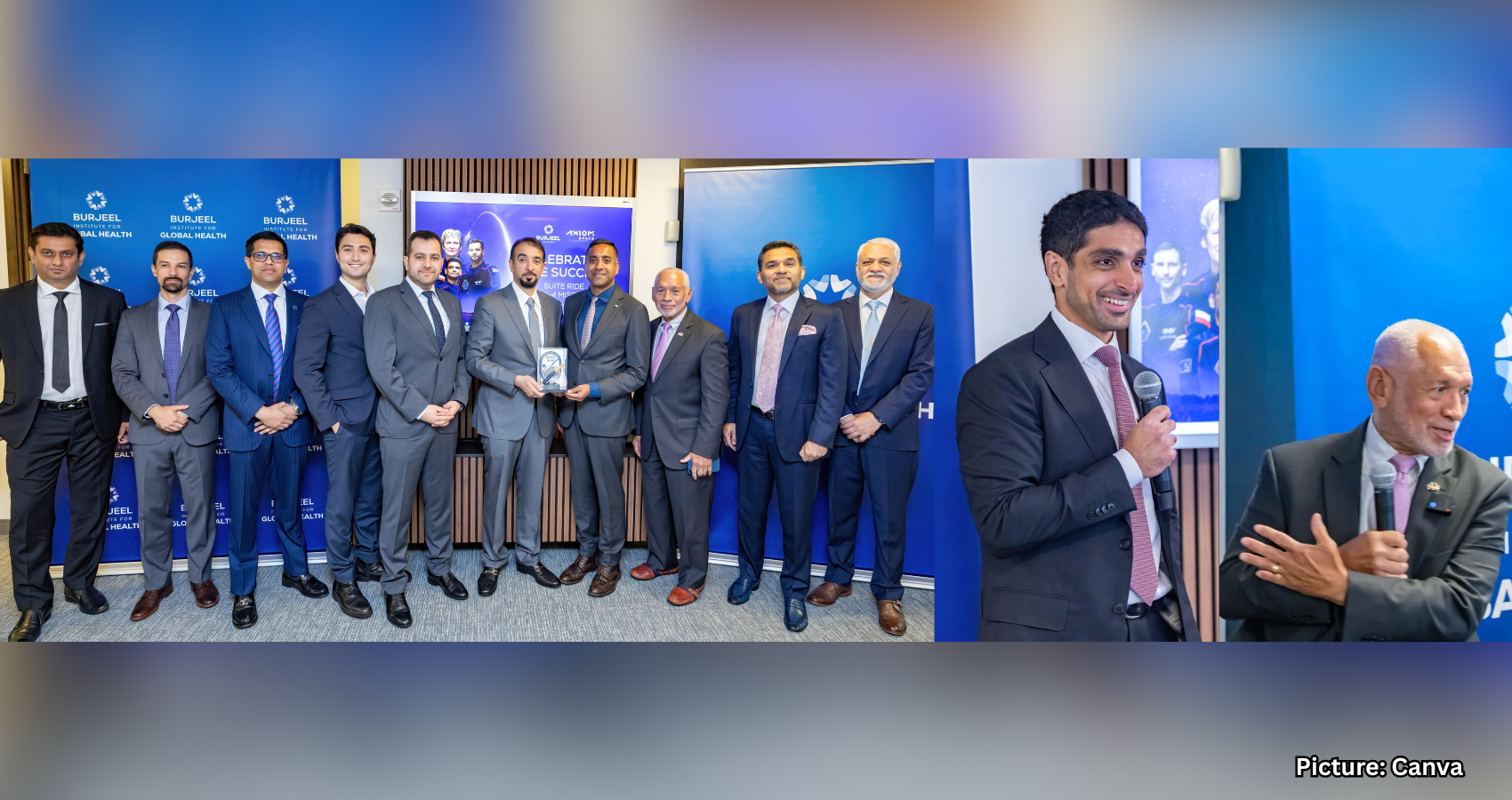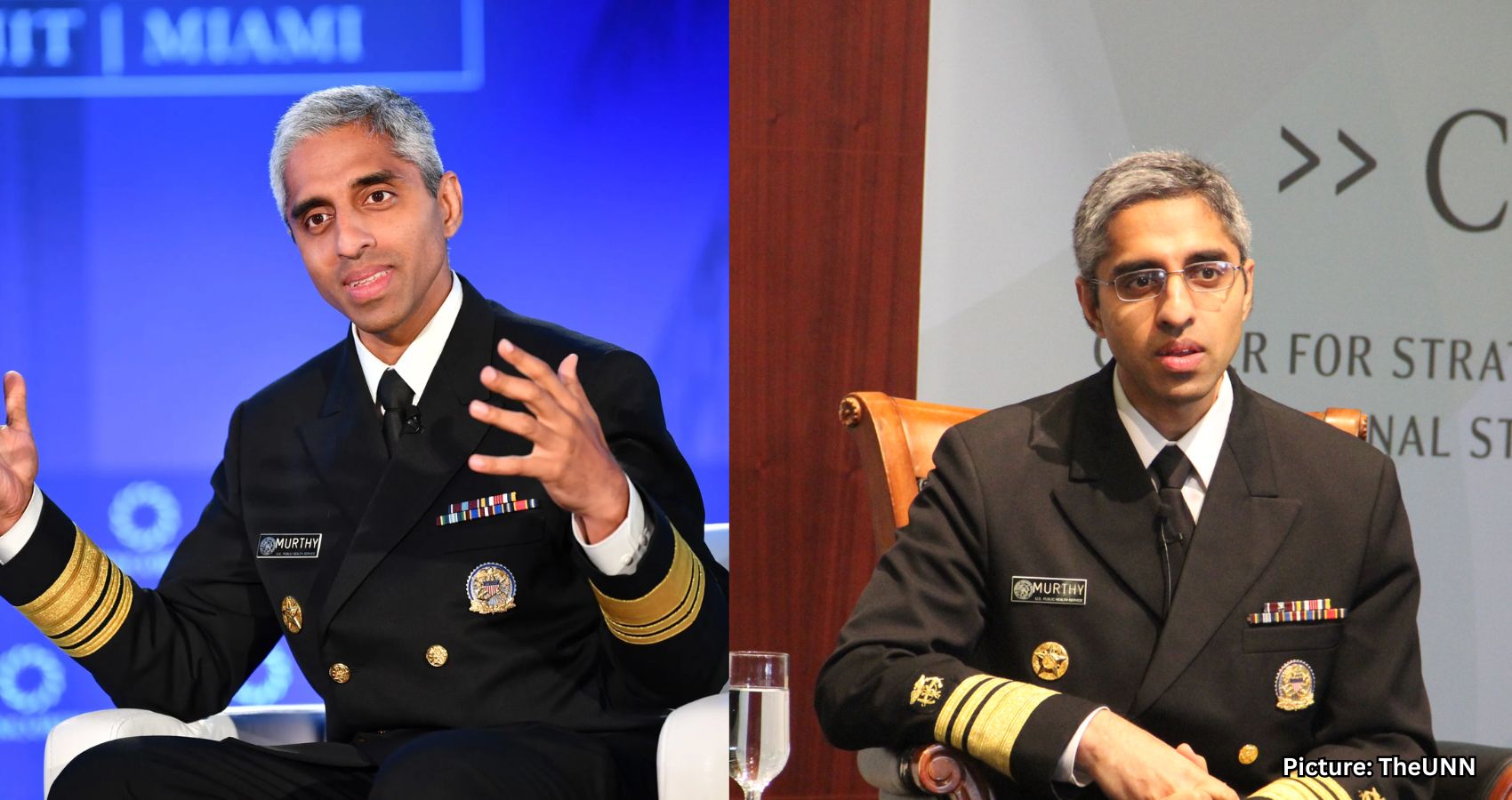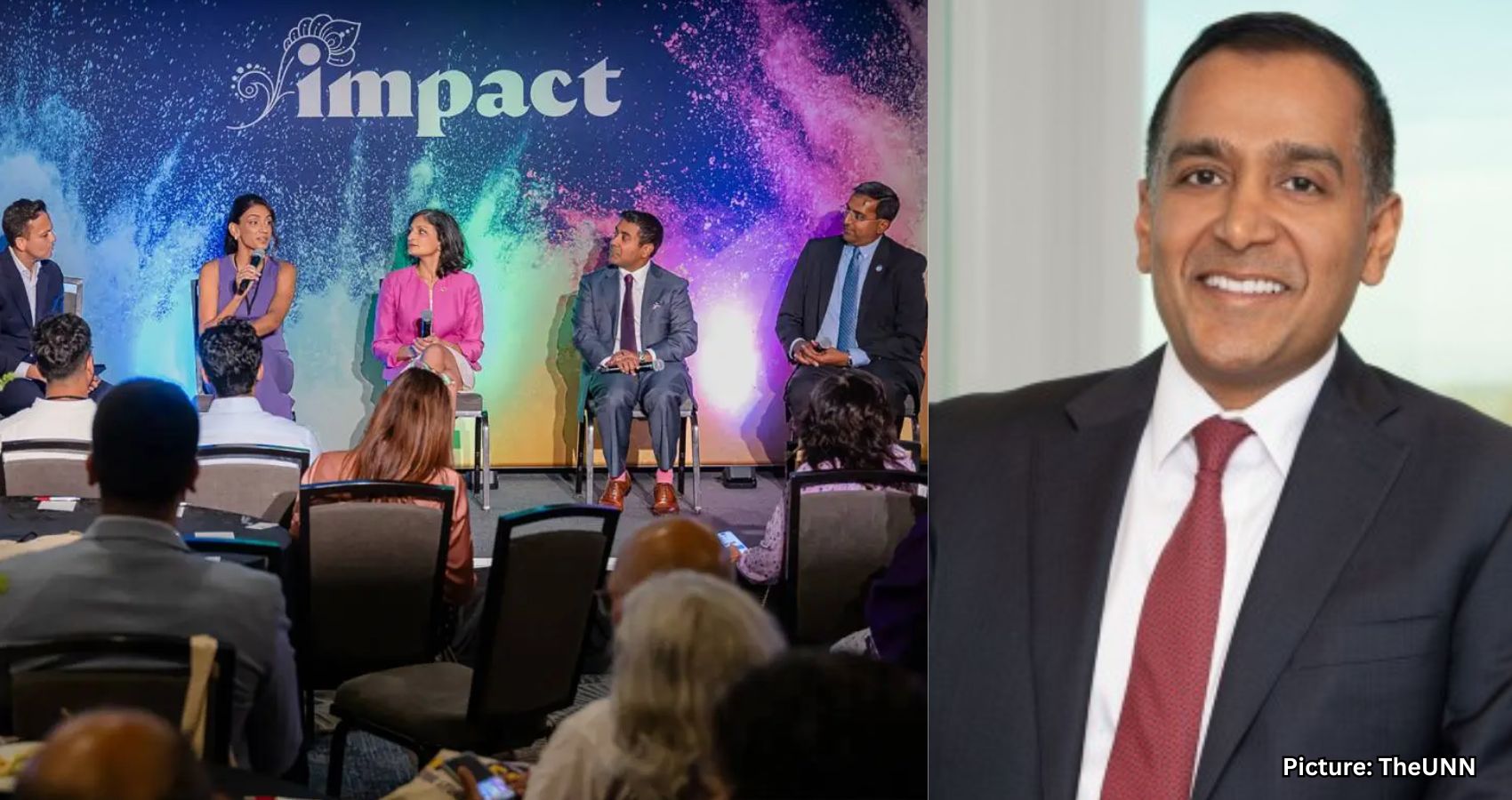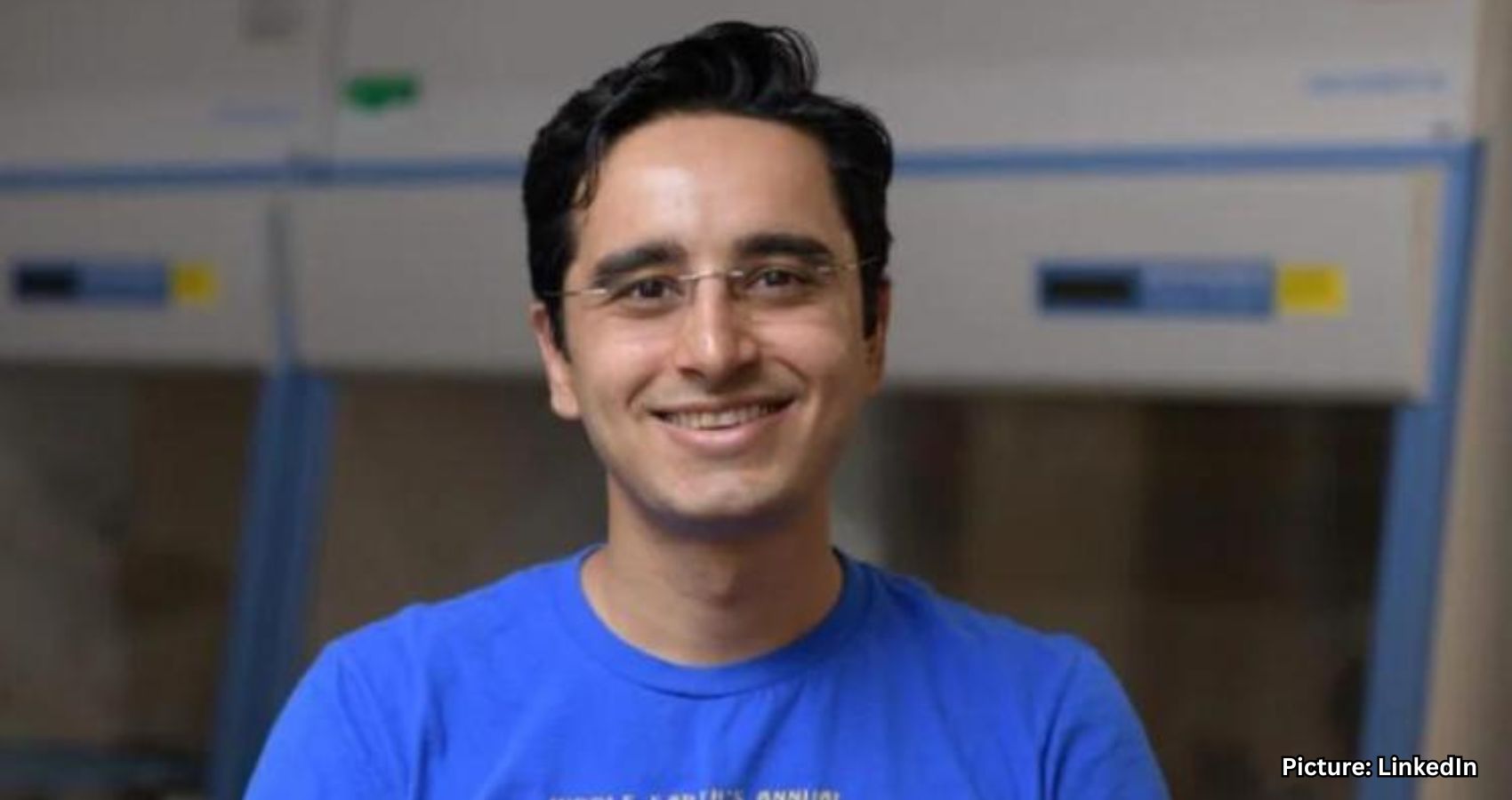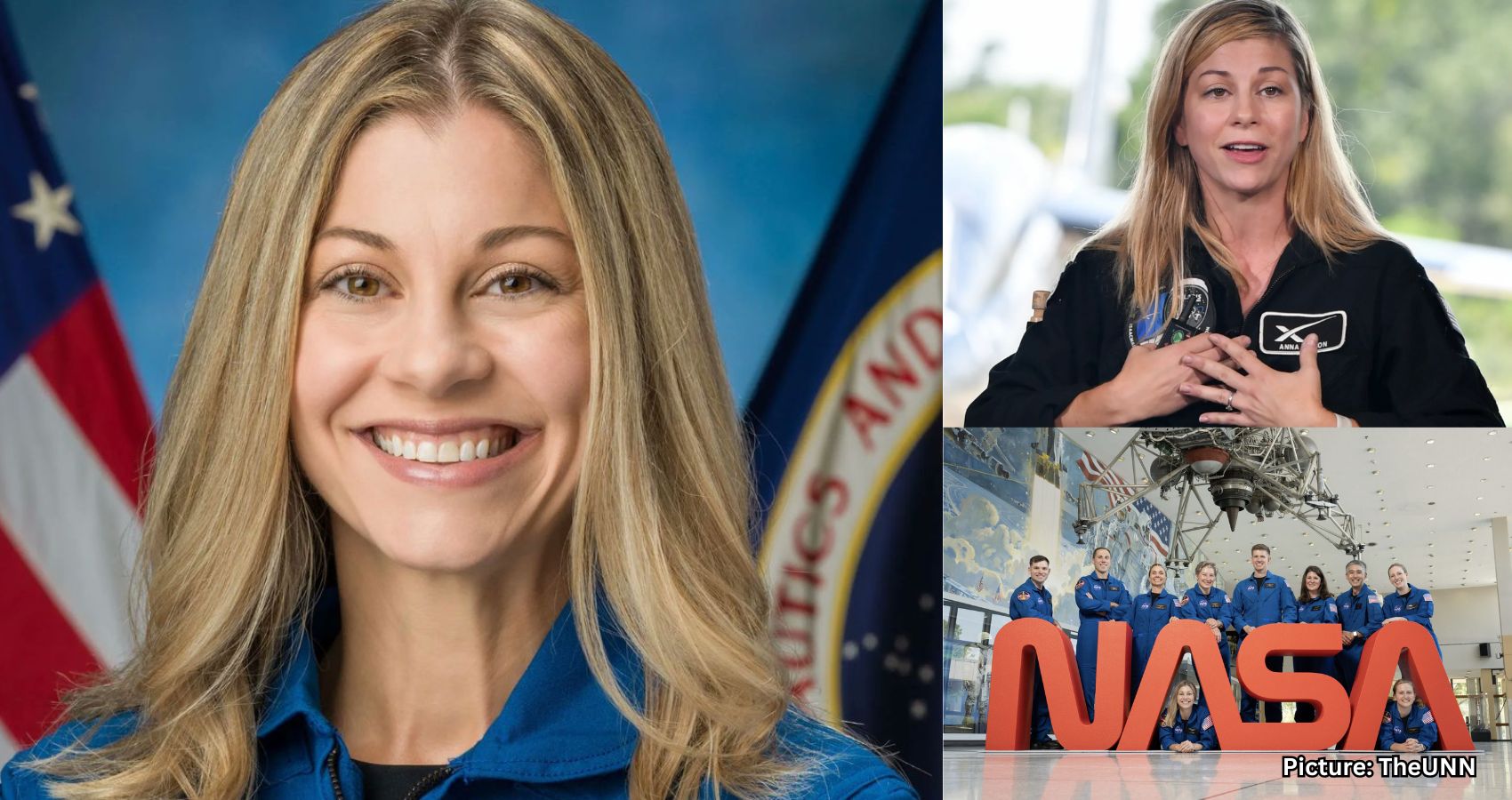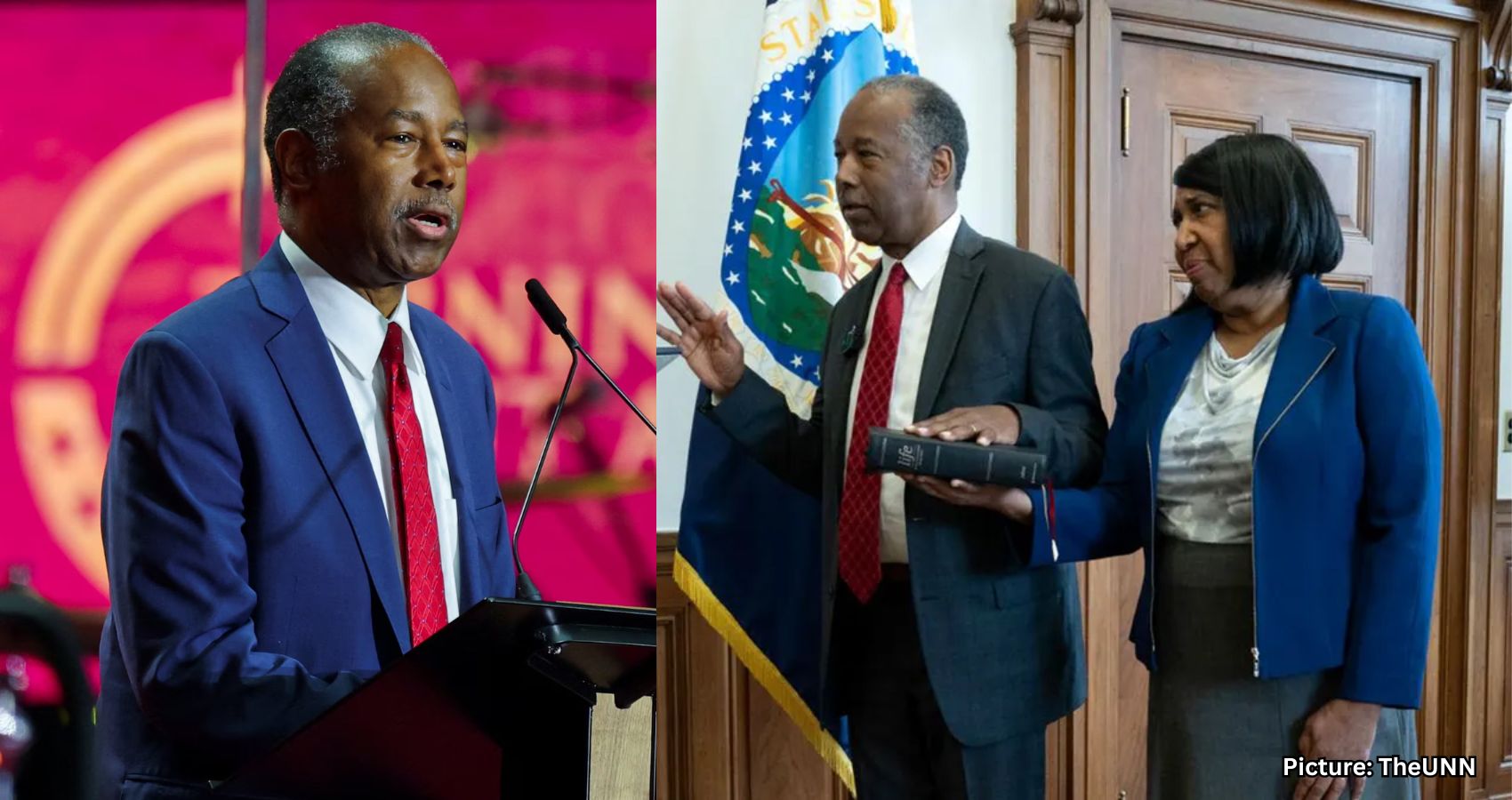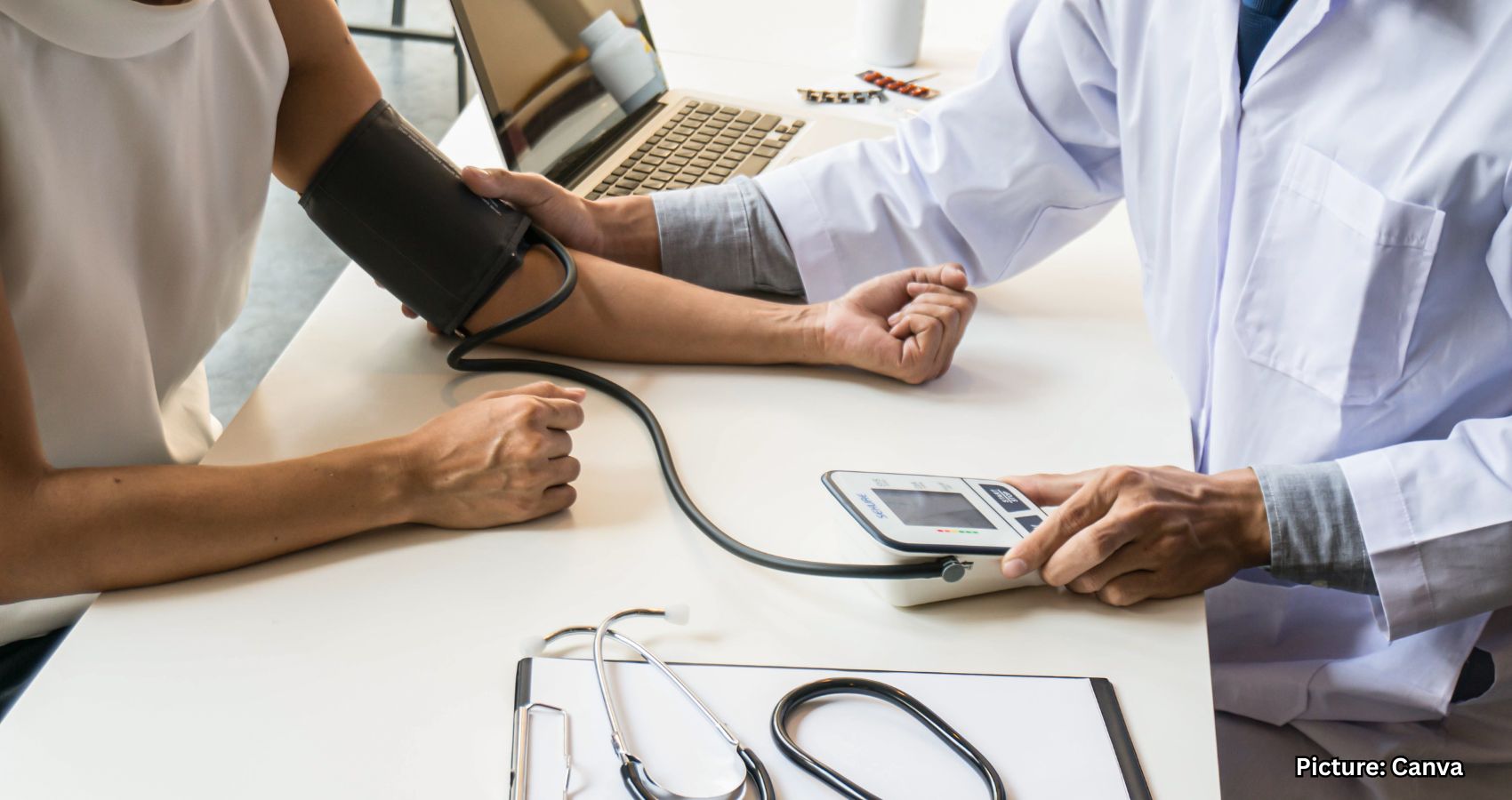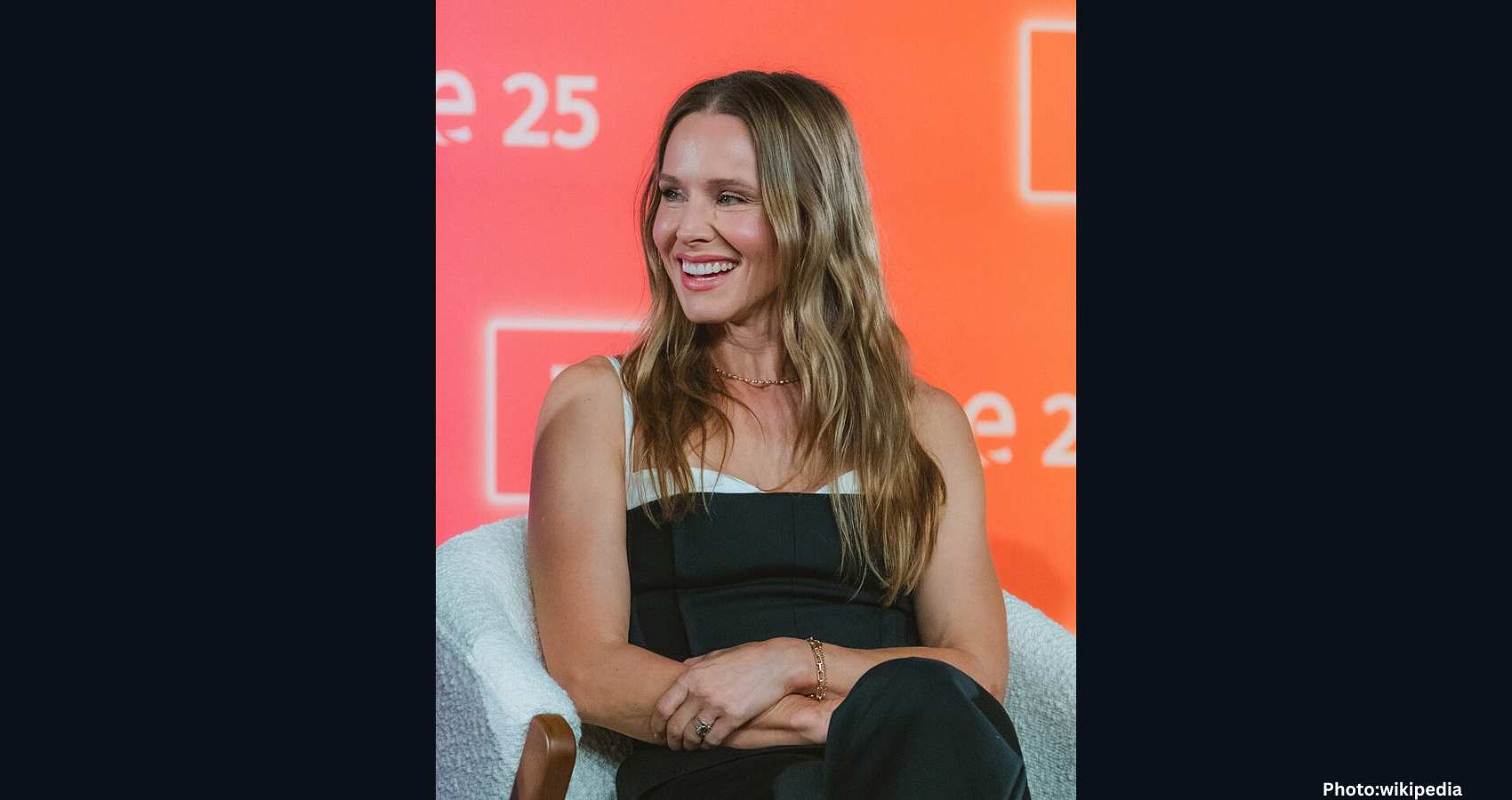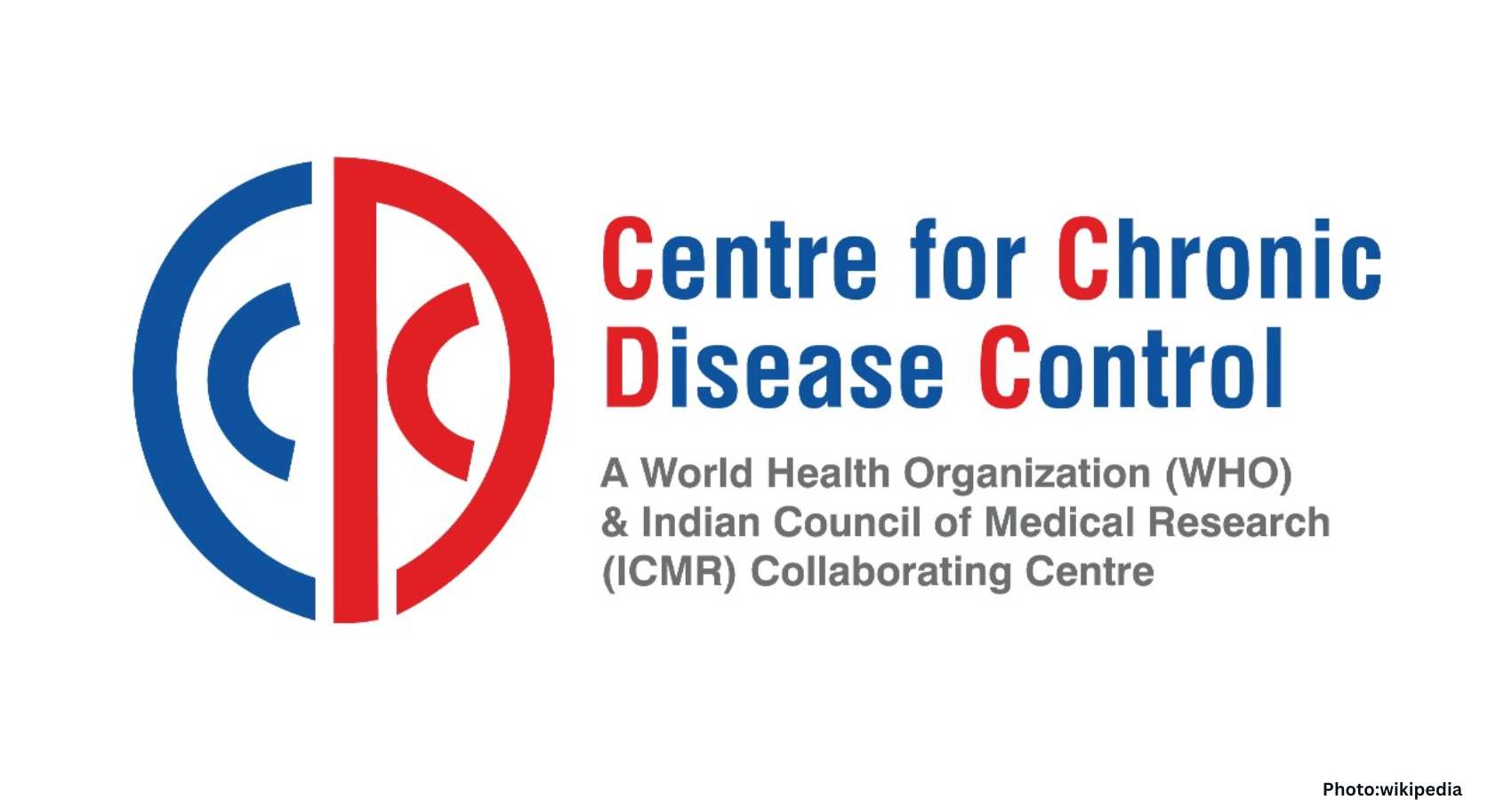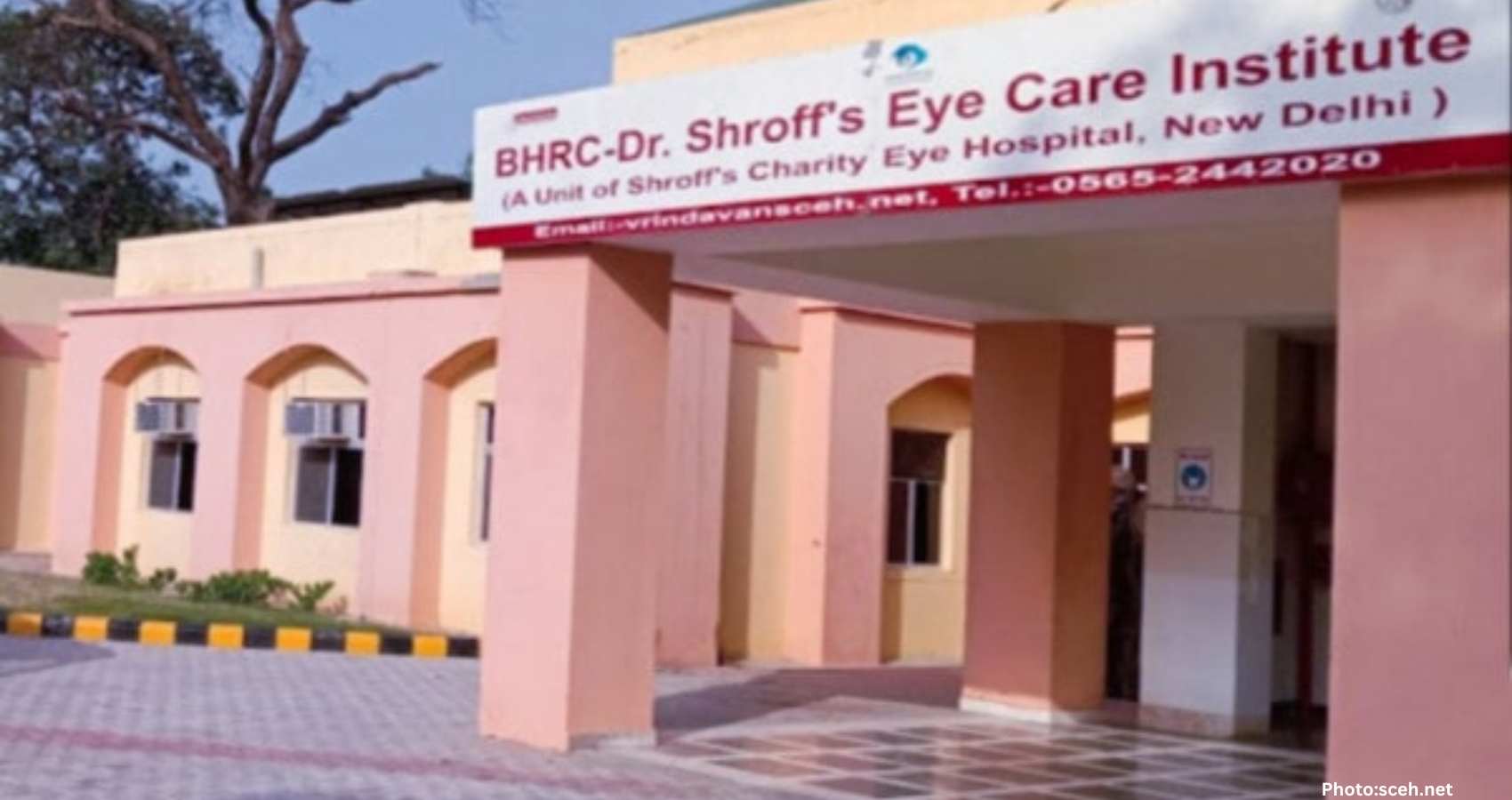The health care sector is experiencing significant job growth, but immigration restrictions and Medicaid cuts may threaten its future stability, according to economists and industry experts.
The health care sector has emerged as a bright spot in the U.S. economy this year, contributing nearly half of the nation’s employment gains. However, economists and experts warn that ongoing immigration crackdowns and impending cuts to Medicaid could threaten future job growth in this vital industry.
According to the latest nonfarm payroll data from the Bureau of Labor Statistics, employers added 487,000 jobs from January to August, with the health care sector accounting for 48% of that growth. This translates to approximately 232,000 new jobs in health care, despite the sector employing only about 11% of the workforce.
“On the labor side, health care growth is driving the economy,” said Neale Mahoney, a professor of economics at Stanford University.
However, the potential impact of President Donald Trump’s immigration policies and cuts to public insurance programs could dampen this growth. These changes may create uncertainty in the economy and pose challenges for the GOP in the upcoming midterm elections. The health care industry is particularly reliant on foreign-born workers, and a proposed law that would reduce federal spending on the $900 billion Medicaid program is projected to result in a loss of 1.2 million jobs nationwide, according to the Commonwealth Fund.
In recent years, job growth in health care has been most pronounced in the home health sector, which has seen an increase of nearly 300,000 jobs, bringing the total to 1.82 million workers from August 2019 to August 2025. This growth is largely driven by an aging population that requires more in-home care. Job growth has also been robust in hospitals and doctors’ offices, while nursing homes and residential care facilities have experienced weaker numbers due to a shift towards home caregiving.
Some research suggests that while health care job growth is generally seen as positive, it does not always translate to economic benefits. An increase in administrative roles within health care can drive up costs without significantly improving patient outcomes. Nevertheless, health care jobs are often viewed as stable and recession-proof, making the sector the top employer in most states. Despite the growth, many areas still face a critical shortage of health care workers to meet rising demand.
Several economists have expressed concern that recent federal policy changes regarding immigration and Medicaid could hinder job growth in the health care sector.
“Health care as an industry is pretty reliant on immigrant labor,” noted Allison Shrivastava, an economist with the Indeed Hiring Lab. “It has a large share of non-native labor, so it’s going to be impacted more.”
According to 2023 Census Bureau data, approximately 18% of Americans employed in health care were born abroad. Around 5% of health care workers are non-citizens, which includes about 60,000 doctors and surgeons, 117,000 registered nurses, and 155,000 home health or personal care aides. While many of these workers are in the U.S. legally, the Census Bureau does not track how many non-citizens have authorization to live and work in the country. Nonetheless, even those with legal status may face deportation risks, as the federal government deported around 200,000 individuals from February to August, marking a significant increase from previous months.
Moreover, the perception of hostility towards immigrants may deter potential health care workers from studying or relocating to the U.S. Data from the State Department indicates that the number of immigrant visas issued from March to May fell by approximately 23,000, or 14%, compared to the same period last year. Additionally, attempts to cross the border without authorization have reportedly decreased.
Despite these challenges, Shrivastava mentioned that Indeed’s job posting data indicates a continued strong demand for doctors, particularly among employers willing to assist with visa sponsorship. However, it remains uncertain whether prospective workers will accept these offers.
This summer, Congress passed what Republicans termed the “One Big Beautiful Bill Act,” which President Trump quickly signed into law. This legislation includes approximately $910 billion in cuts to federal Medicaid spending over the next decade, according to an analysis by the Kaiser Family Foundation based on data from the Congressional Budget Office.
The reductions in Medicaid are expected to leave millions without health insurance in the coming years. Consequently, hospitals, nursing homes, and community health centers may have to absorb more costs associated with treating uninsured patients, potentially leading to service reductions or closures.
California alone could see up to 217,000 job losses, with two-thirds of those in the health care sector, according to an analysis conducted by the University of California-Berkeley Labor Center prior to the bill’s finalization.
“It doesn’t mean necessarily that 200,000 people are going to lose their jobs,” said Miranda Dietz, interim director of the Health Care Program at the Labor Center. “Some people will lose their jobs, and in some cases, job growth won’t be as fast as anticipated.”
Adding to the complexity, Trump recently dismissed the official who oversaw the Labor Department’s statistical branch, raising concerns about the potential political influence on job data.
While it is unclear when or if the immigration actions and Medicaid cuts will impact hiring in the health care sector, there are early signs of a potential slowdown. Federal data revealed a significant decline in job openings in the health care and social assistance sector in July. Additionally, Indeed’s job posting data indicates a decline in certain health care fields, although Laura Ullrich, director of economic research at the Indeed Hiring Lab, noted that overall postings remain above pre-pandemic levels.
For the time being, job growth is expected to remain strong, particularly among nurse practitioners, physician assistants, and home health aides, according to Bureau of Labor Statistics projections.
Many health care jobs require extensive education but offer high salaries, with family physicians earning over $240,000 annually and registered nurses making approximately $94,000 per year.
Joshua Lejano, president of the Sacramento State chapter of the California Nursing Students’ Association, expressed cautious optimism about securing a job as a registered nurse upon graduation in December. He is currently completing nursing clinical rotations that provide essential real-world experience for long shifts.
Lejano noted that hospitals in his area are expanding capacity, while some veteran nurses are exiting the profession due to burnout from the COVID-19 pandemic, creating new openings. “Right now, I think the big thing is just staying on top of all the application cycles,” he said.
Health care jobs that require less training tend to offer lower pay. The median annual earnings for approximately 4.4 million home health and personal care aides were about $35,000 last year, comparable to the earnings of waitstaff, according to federal data.
The growth in health care jobs has been particularly advantageous for women, with nearly 80% of health care and social assistance workers being female, as highlighted in a recent Indeed study. This research found that female workers accounted for over a million new health care jobs in the past two years.
According to Shrivastava, the health care sector remains resilient because Americans generally do not view health care as a luxury. They continue to pay for it during both prosperous and challenging times. Health insurance costs are projected to experience their largest increase in at least five years, and health care spending often focuses on older adults, a demographic that is rapidly growing as baby boomers age. The number of Americans aged 65 and older increased from 34 million in 1995 to 61 million in 2024.
“So many of these health care jobs are to support the growing population of older Americans,” Ullrich said. “It’s not surprising that we’re seeing growth there. But I think what is surprising is how lopsided it is.”
Source: Original article

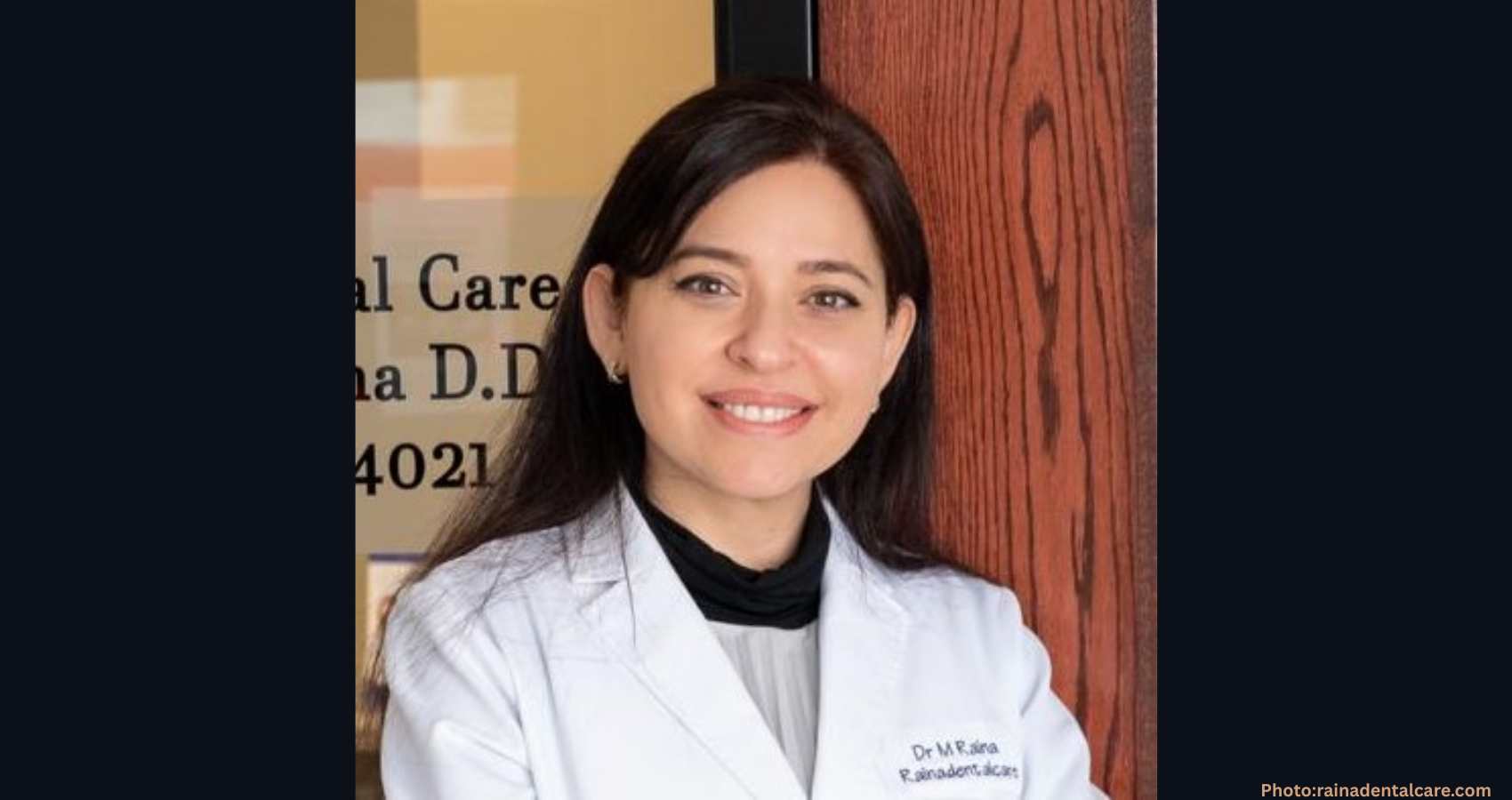

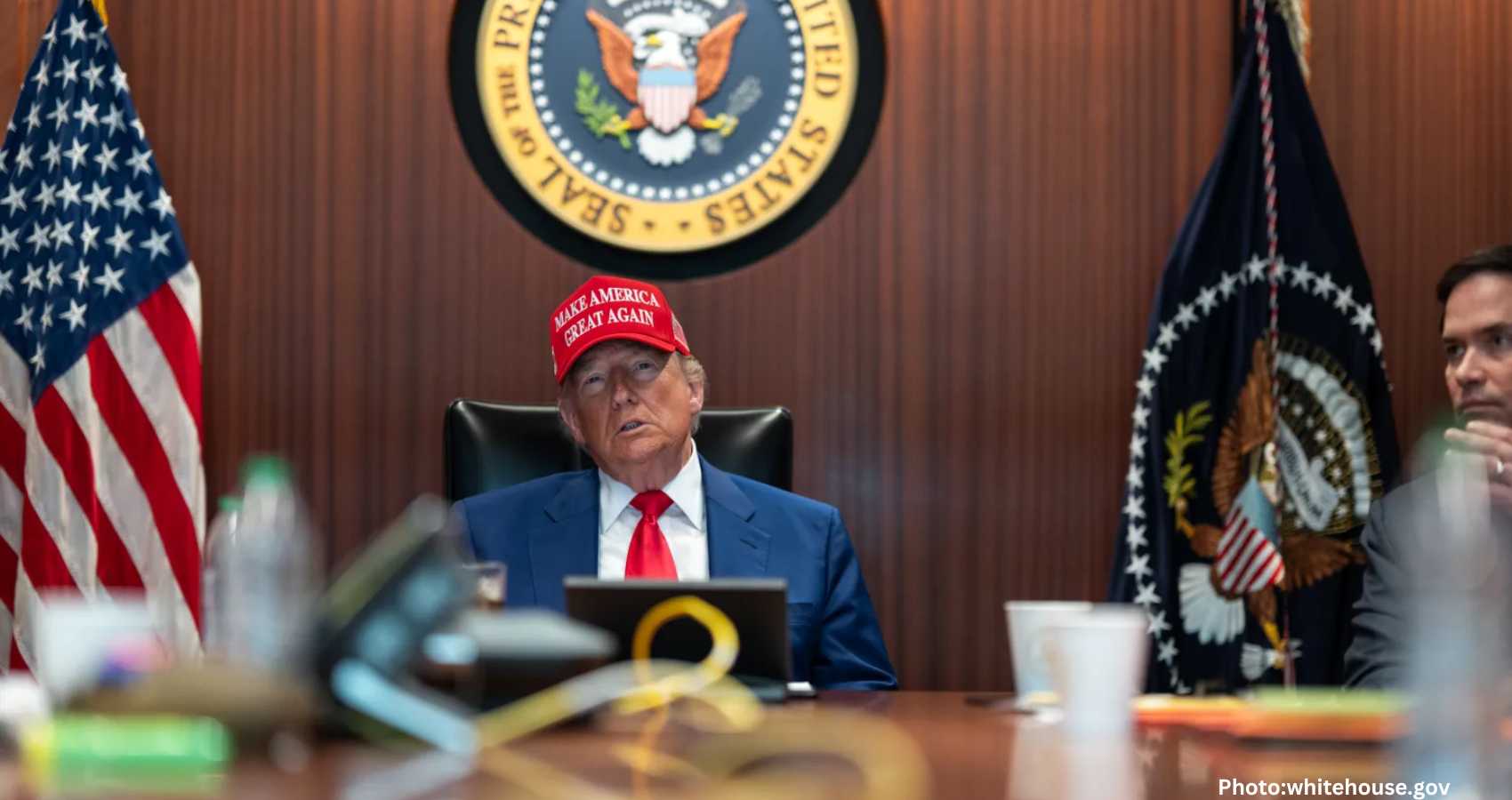

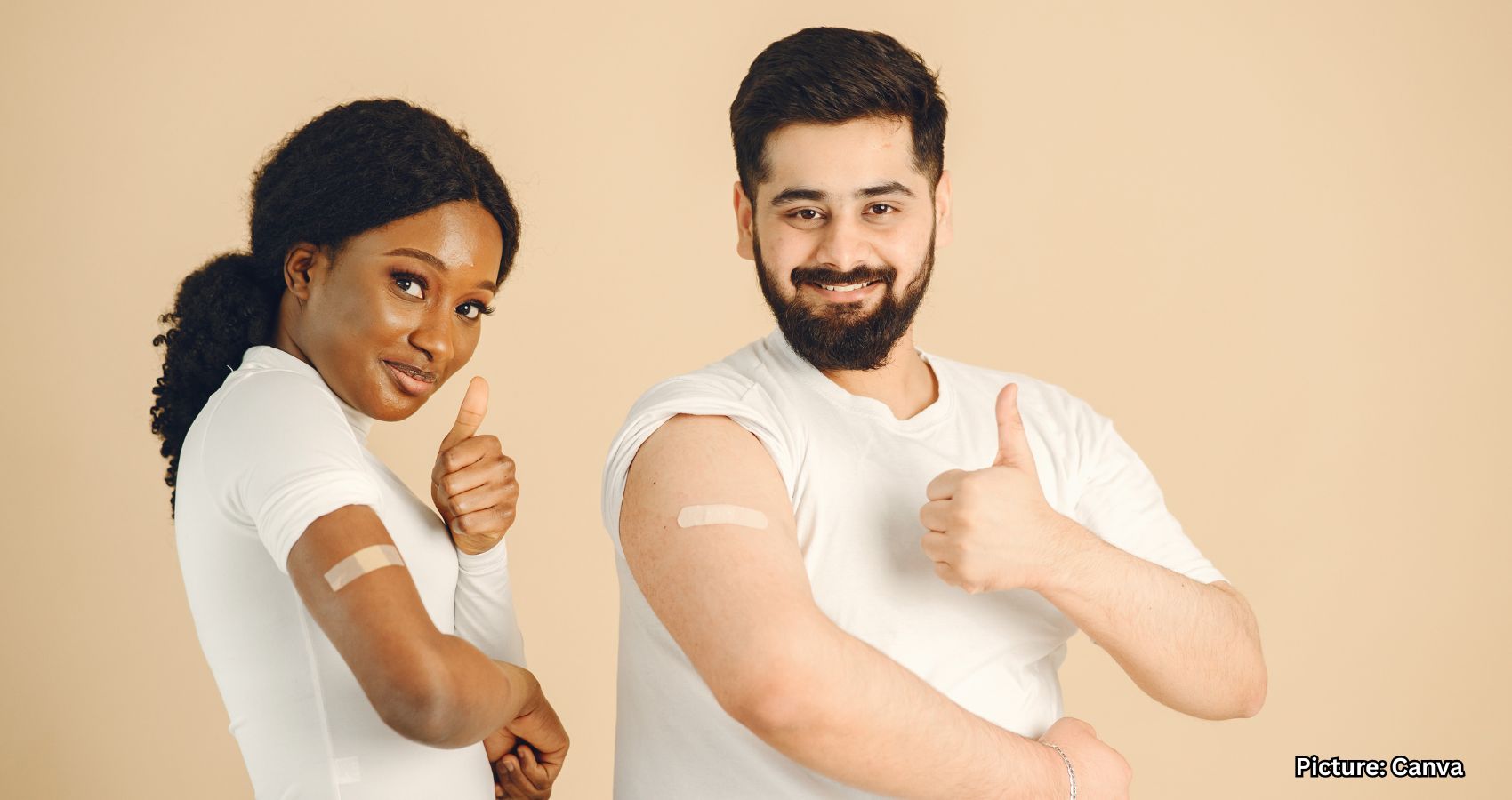





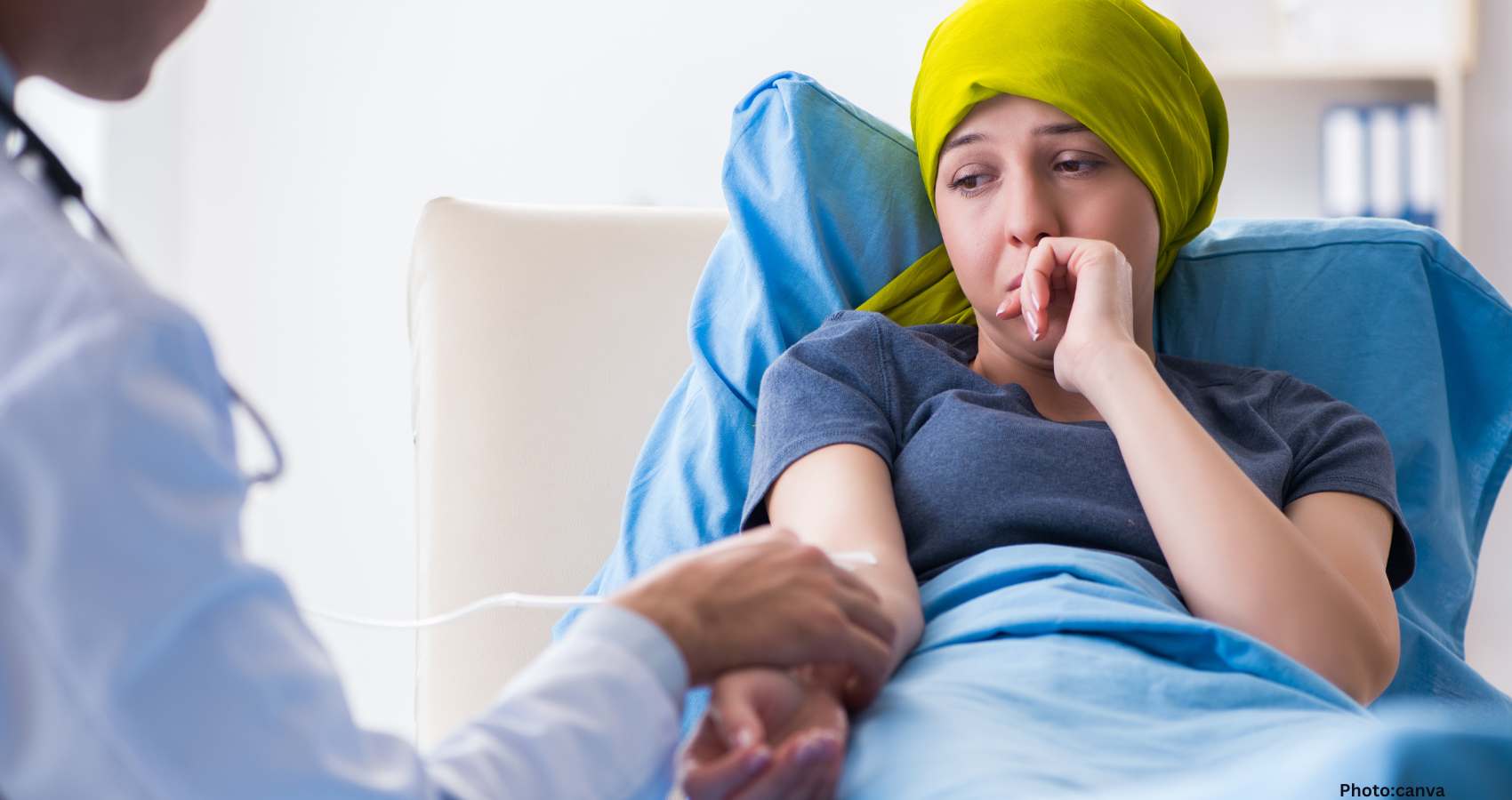









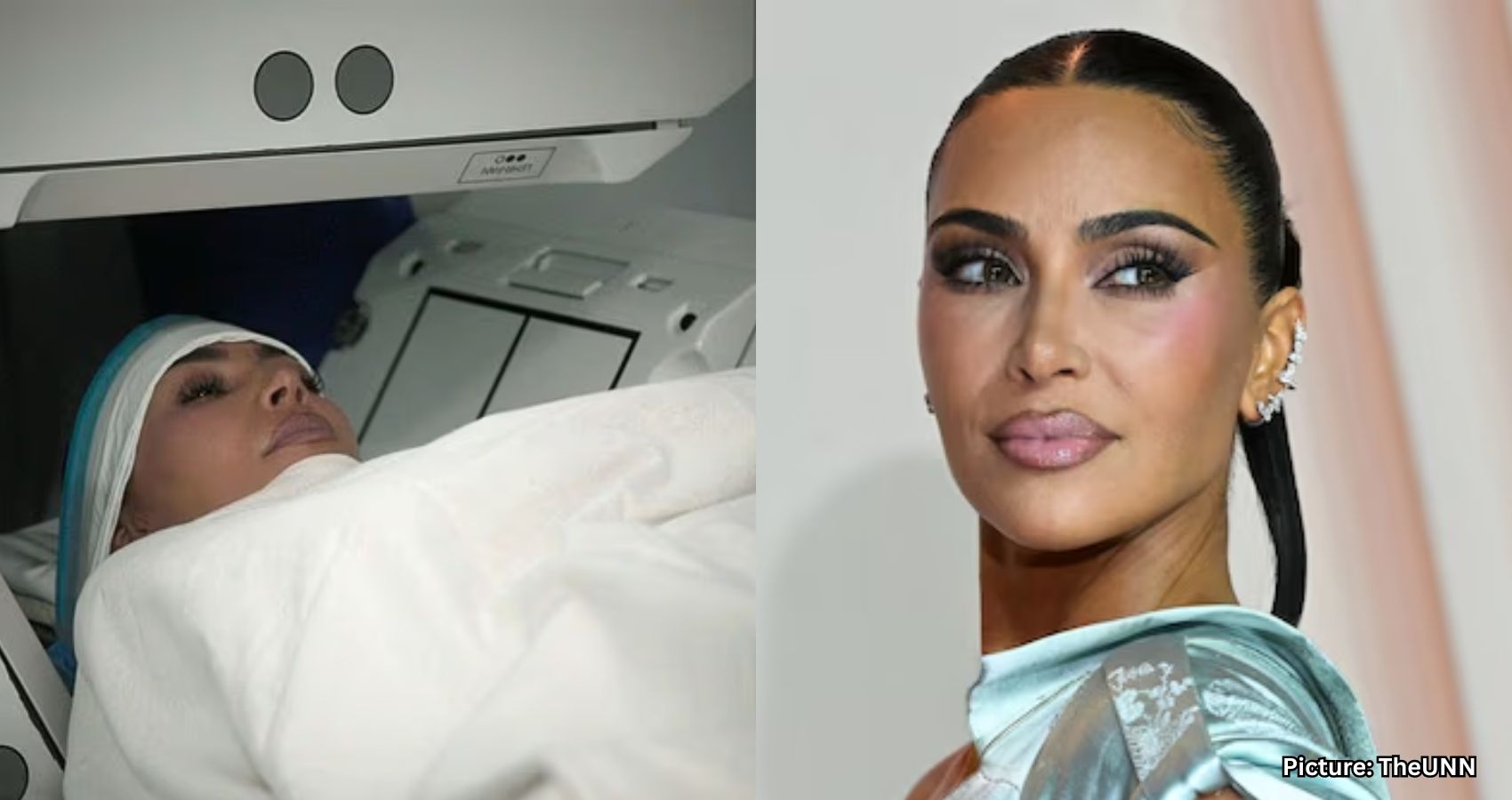





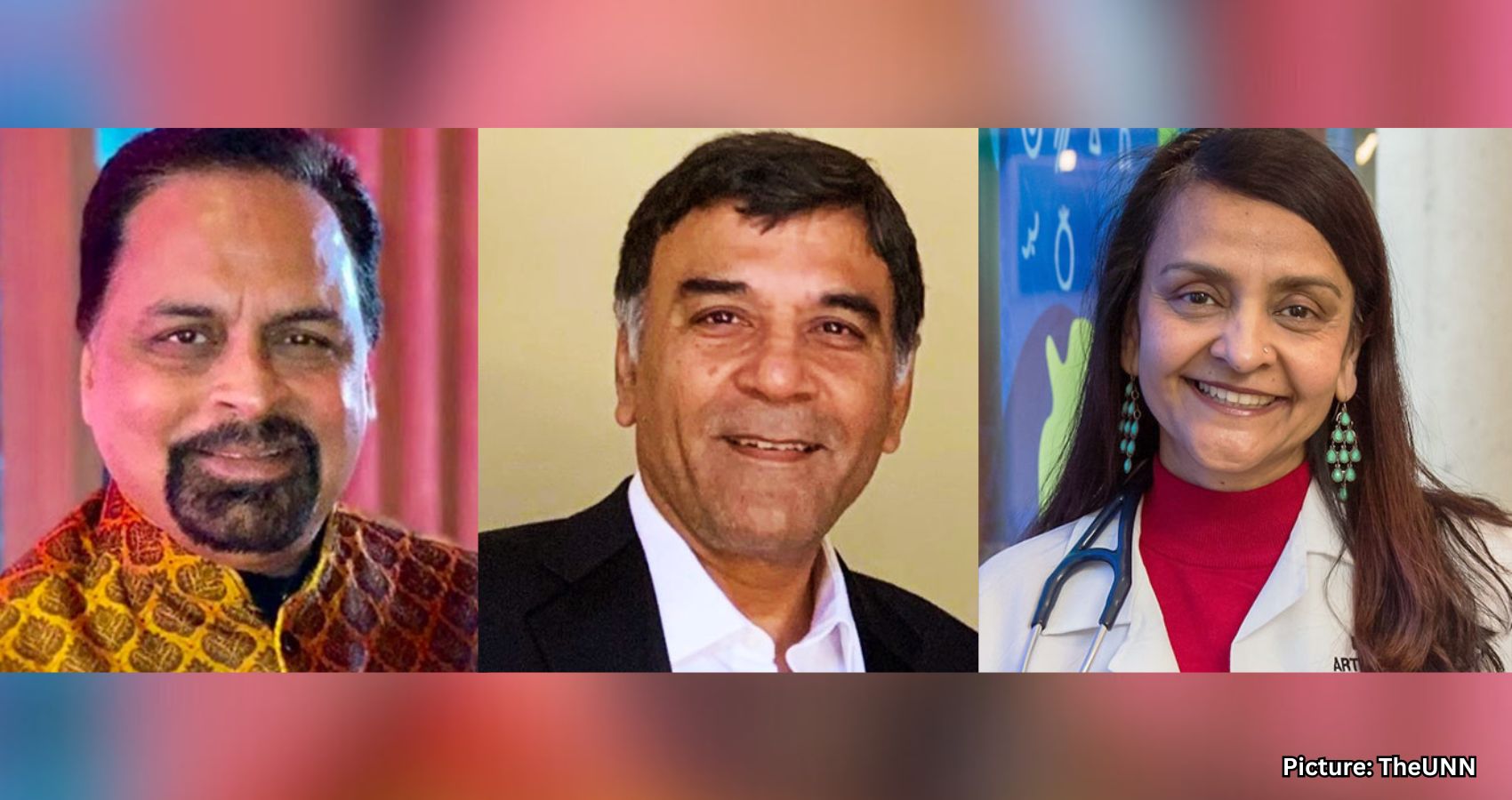
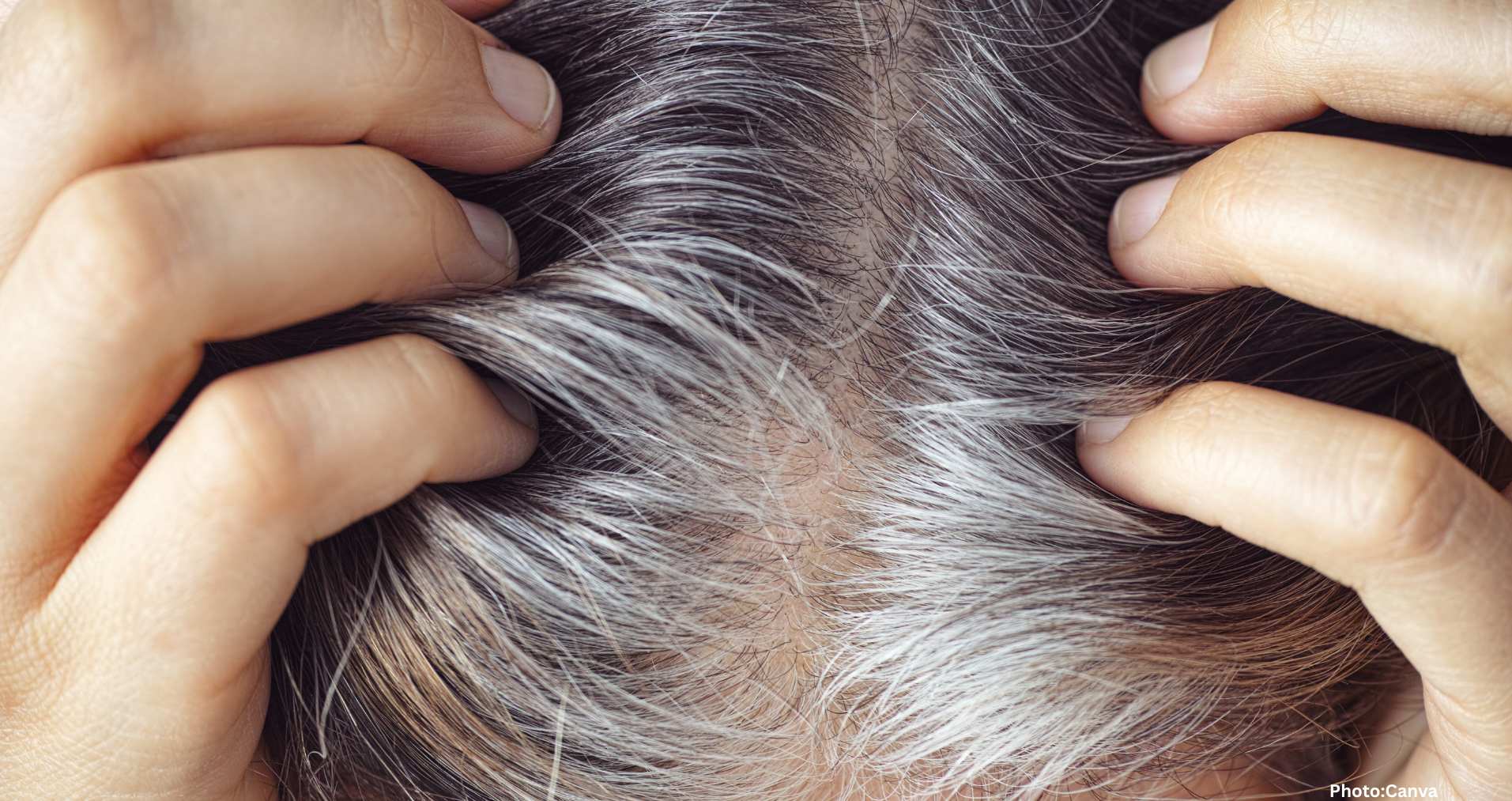



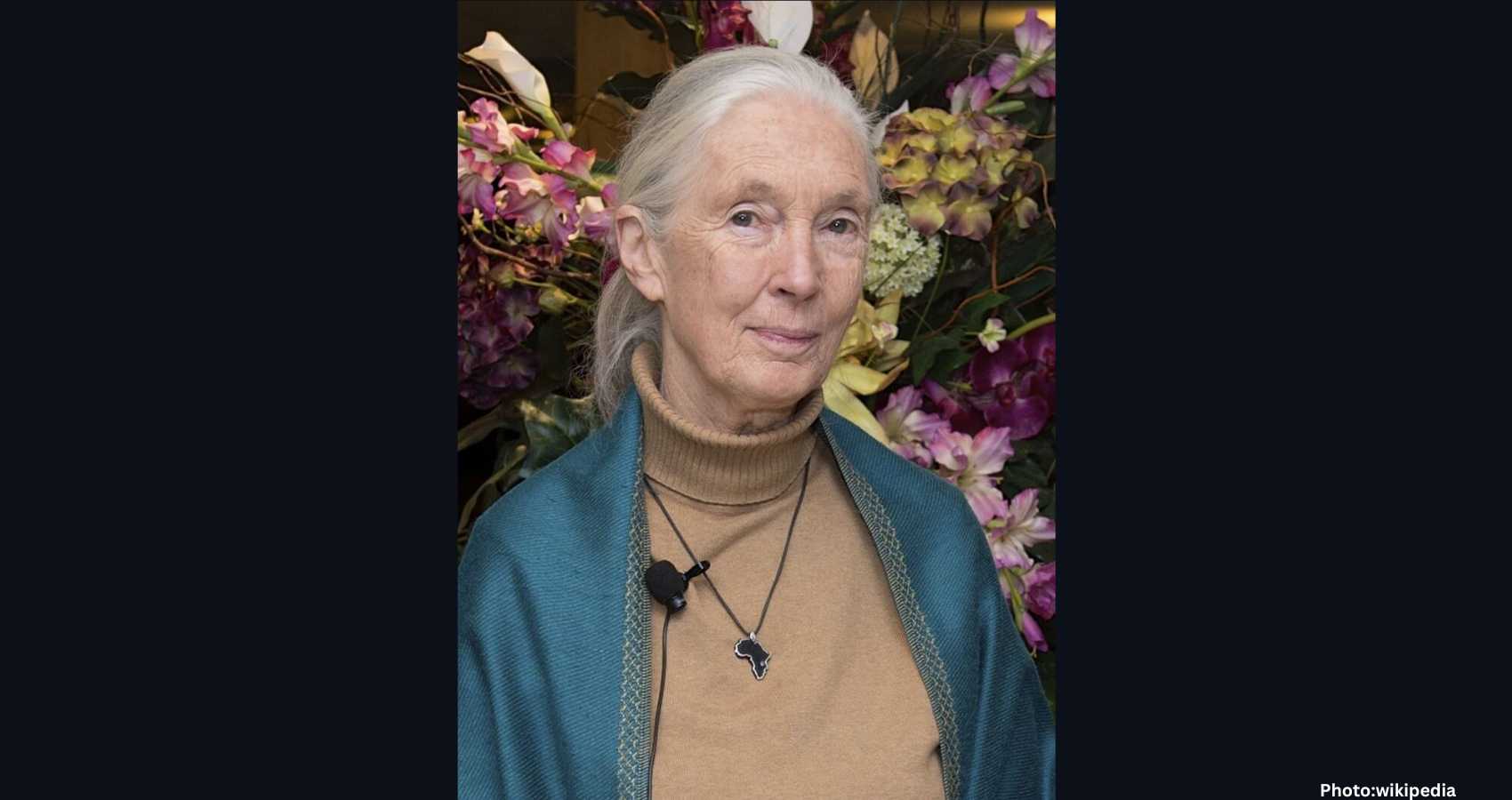
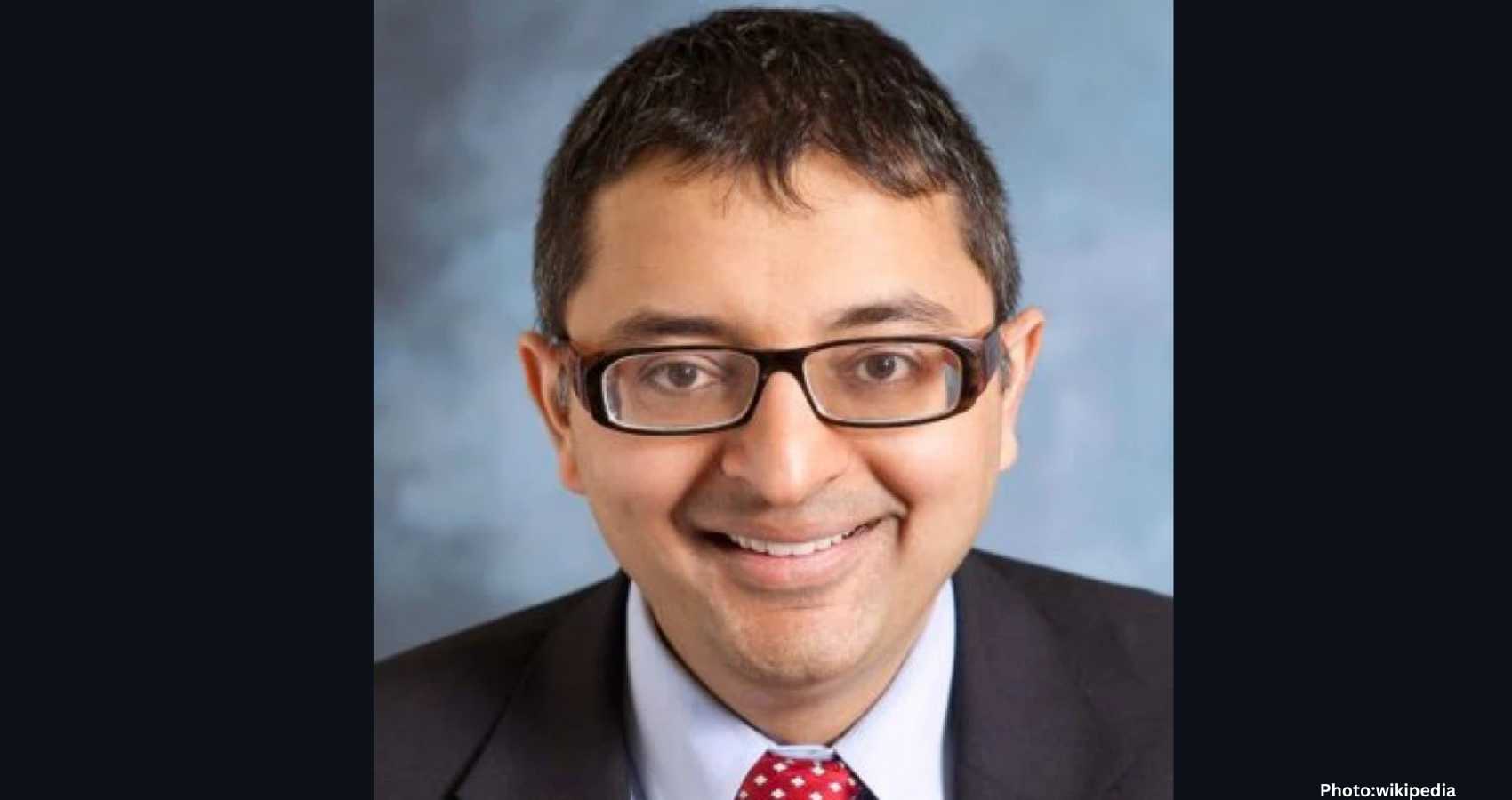







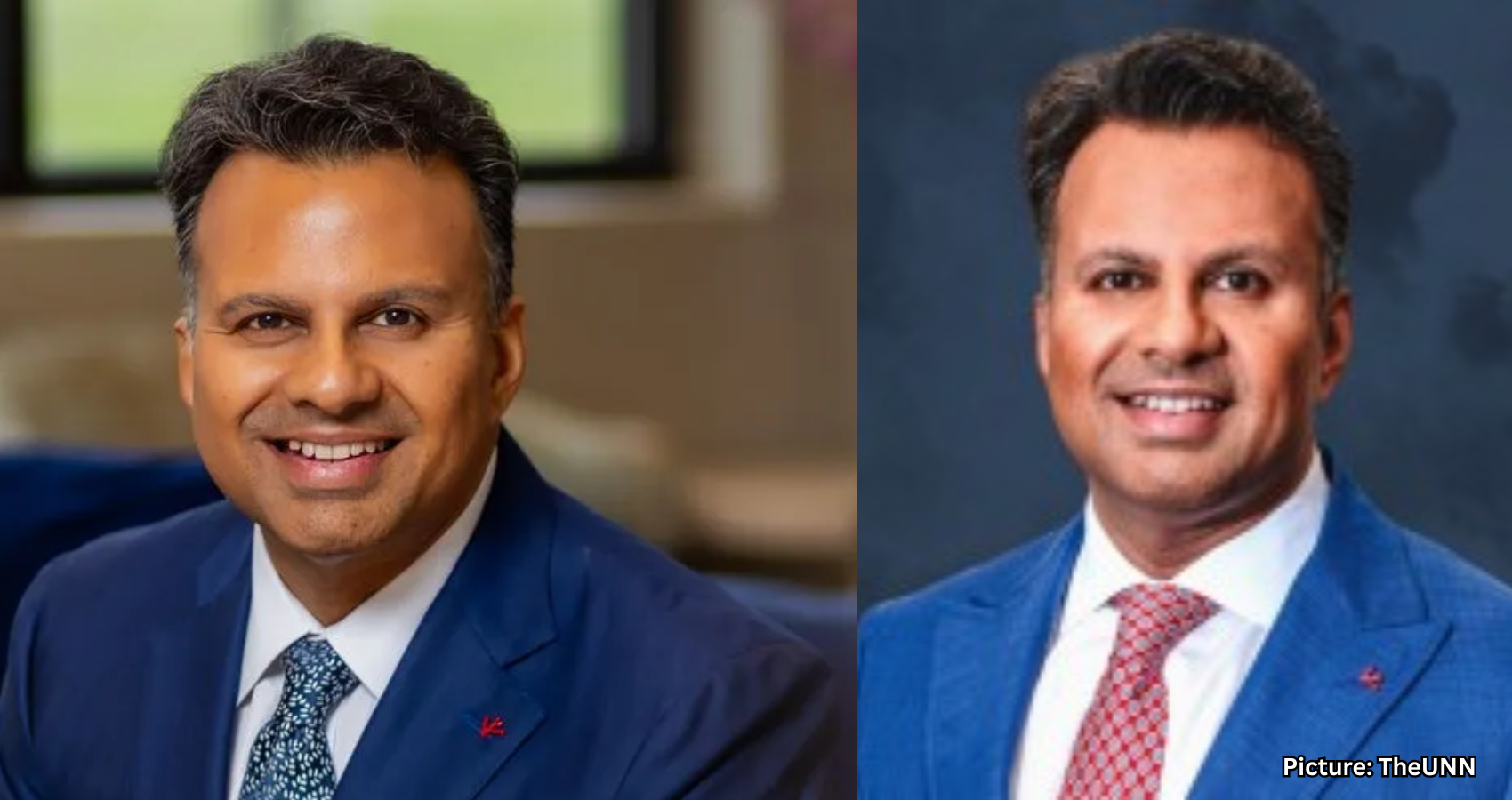

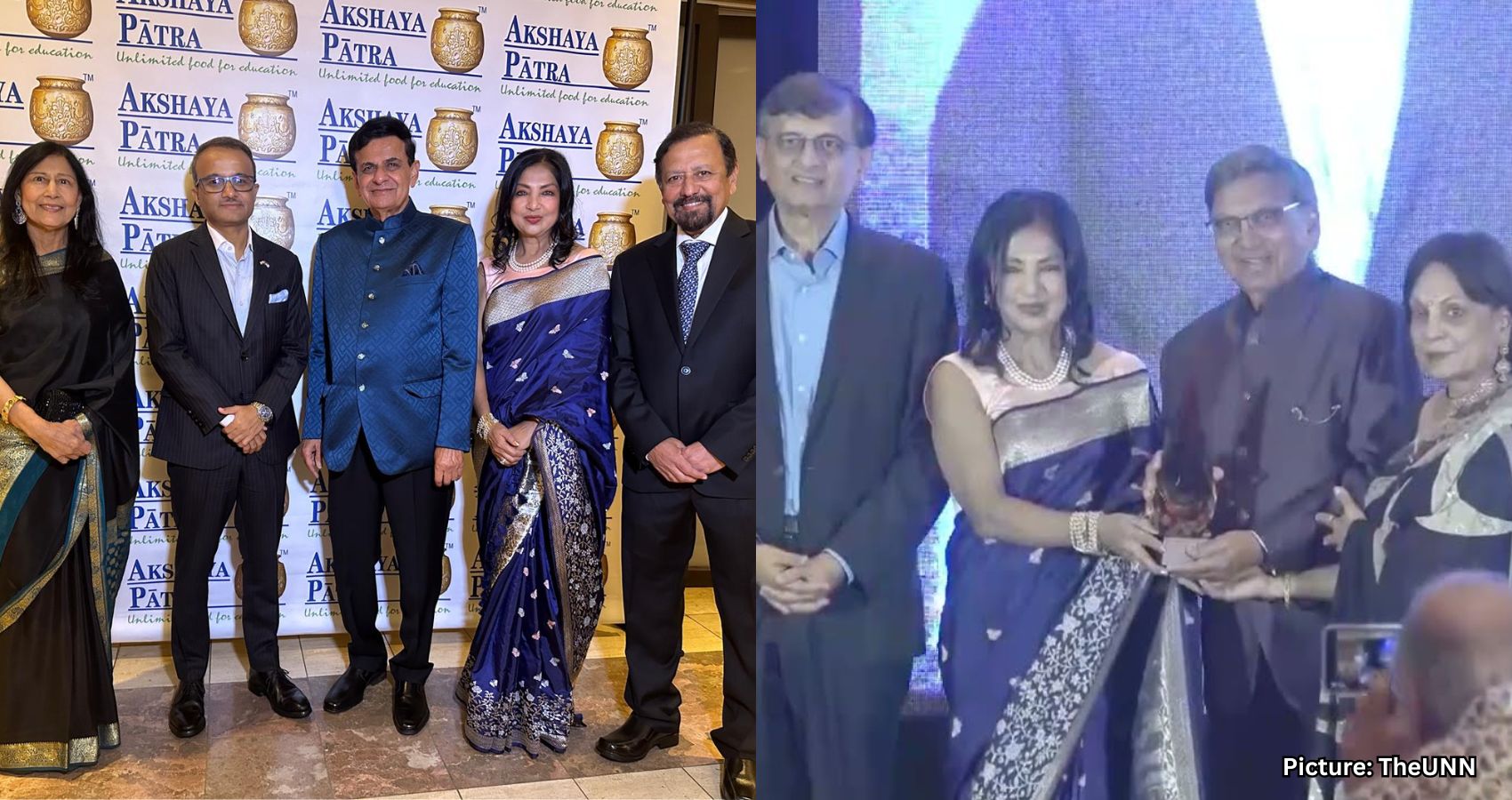

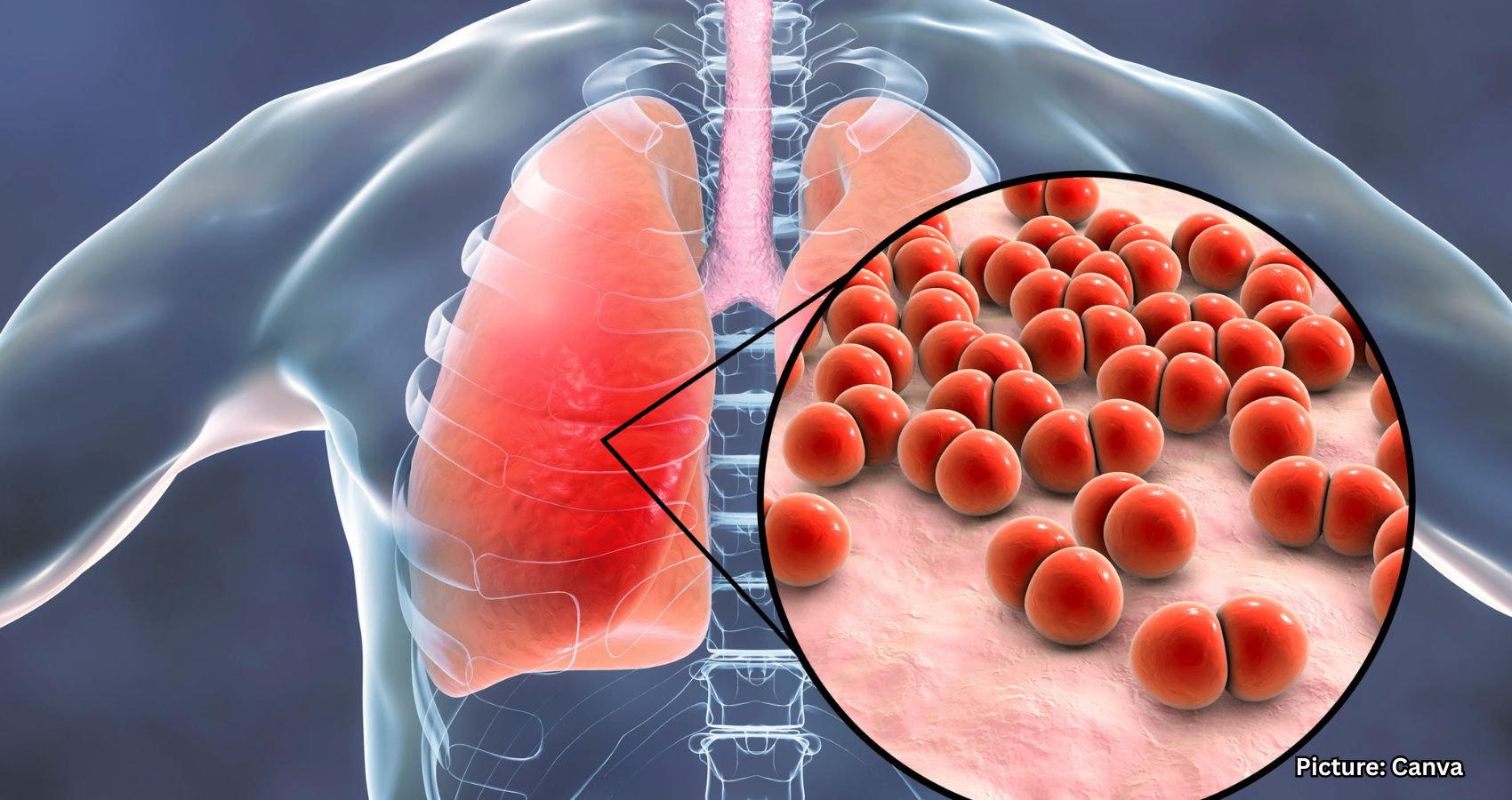




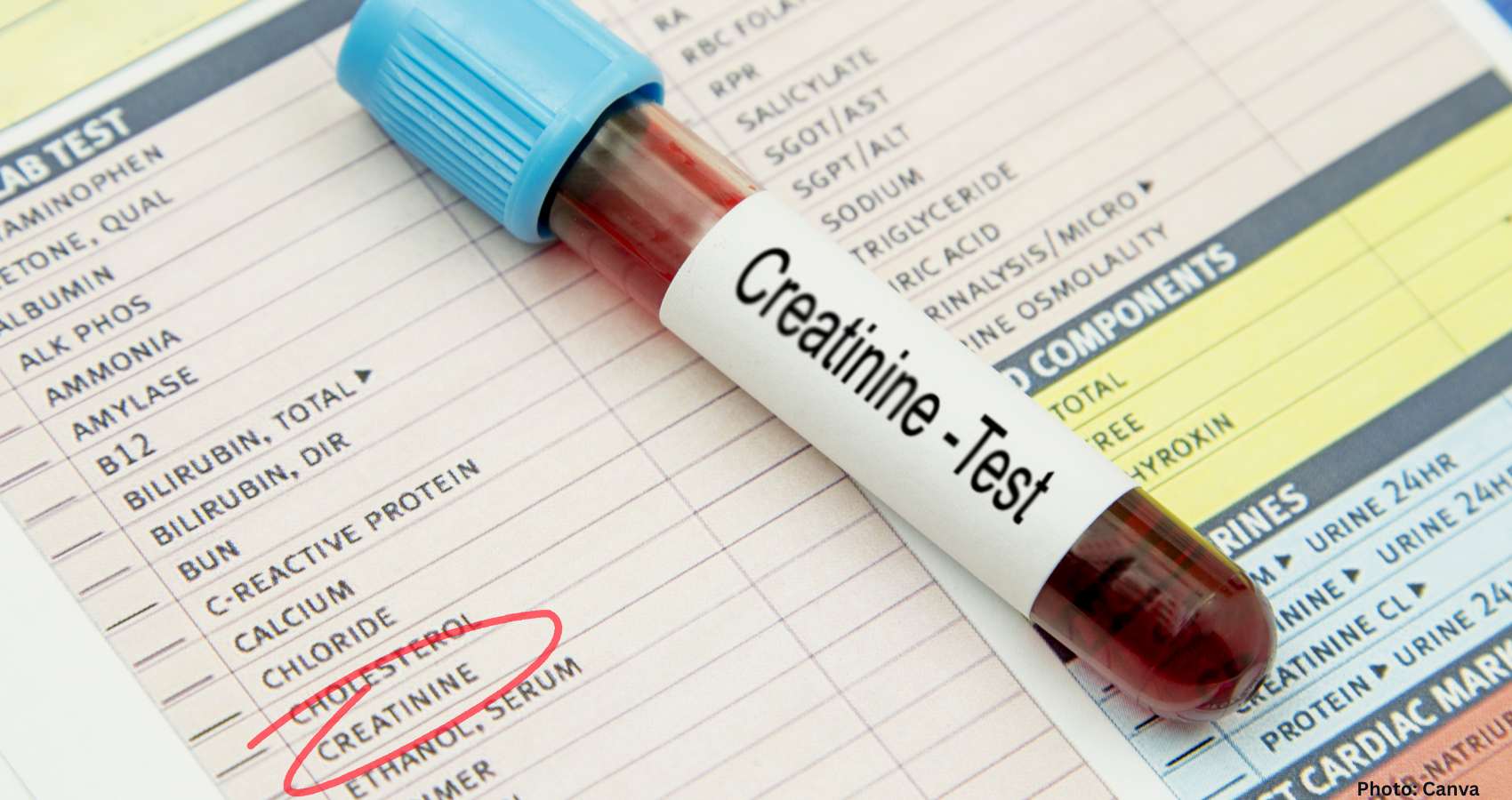






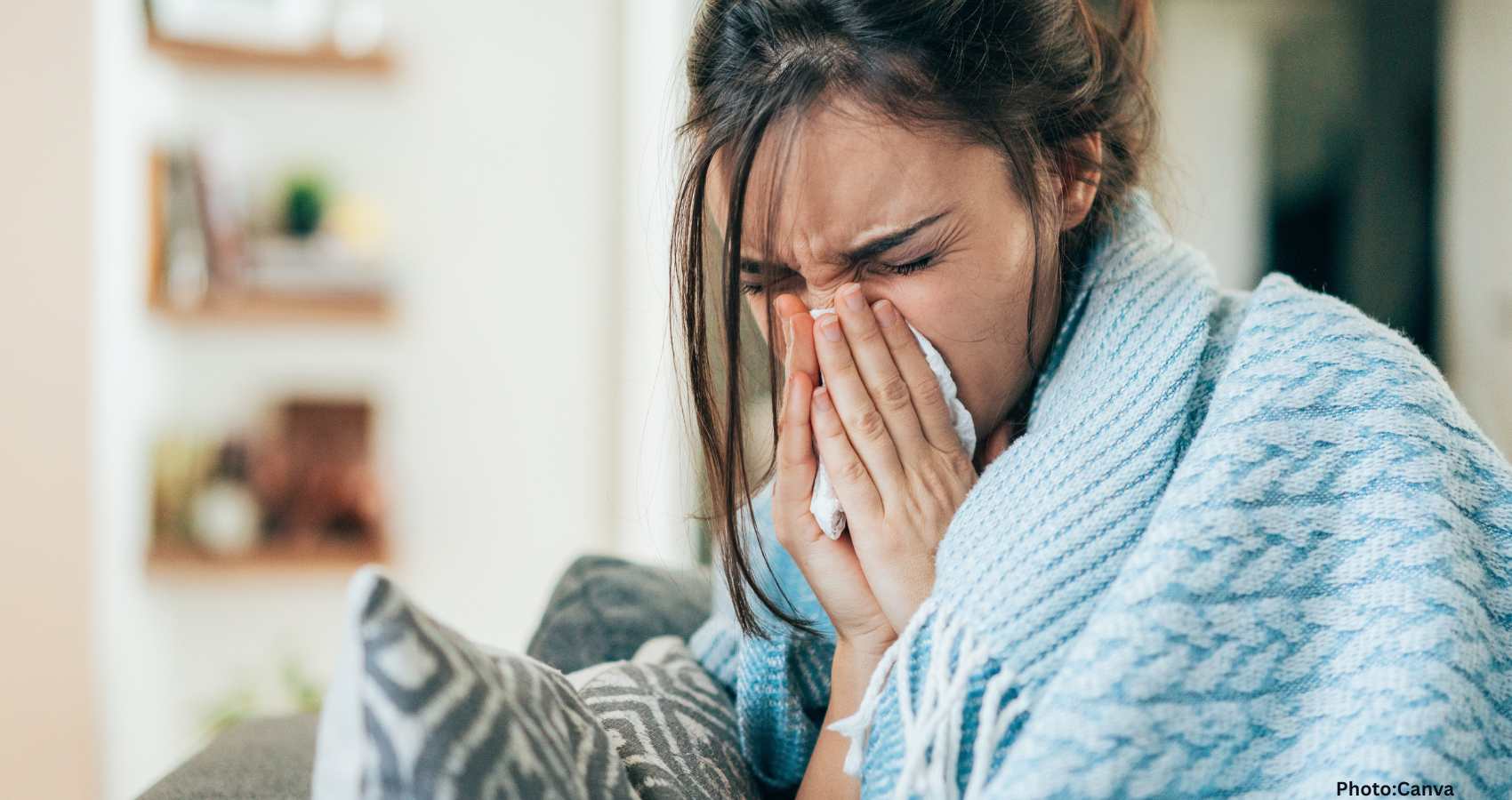

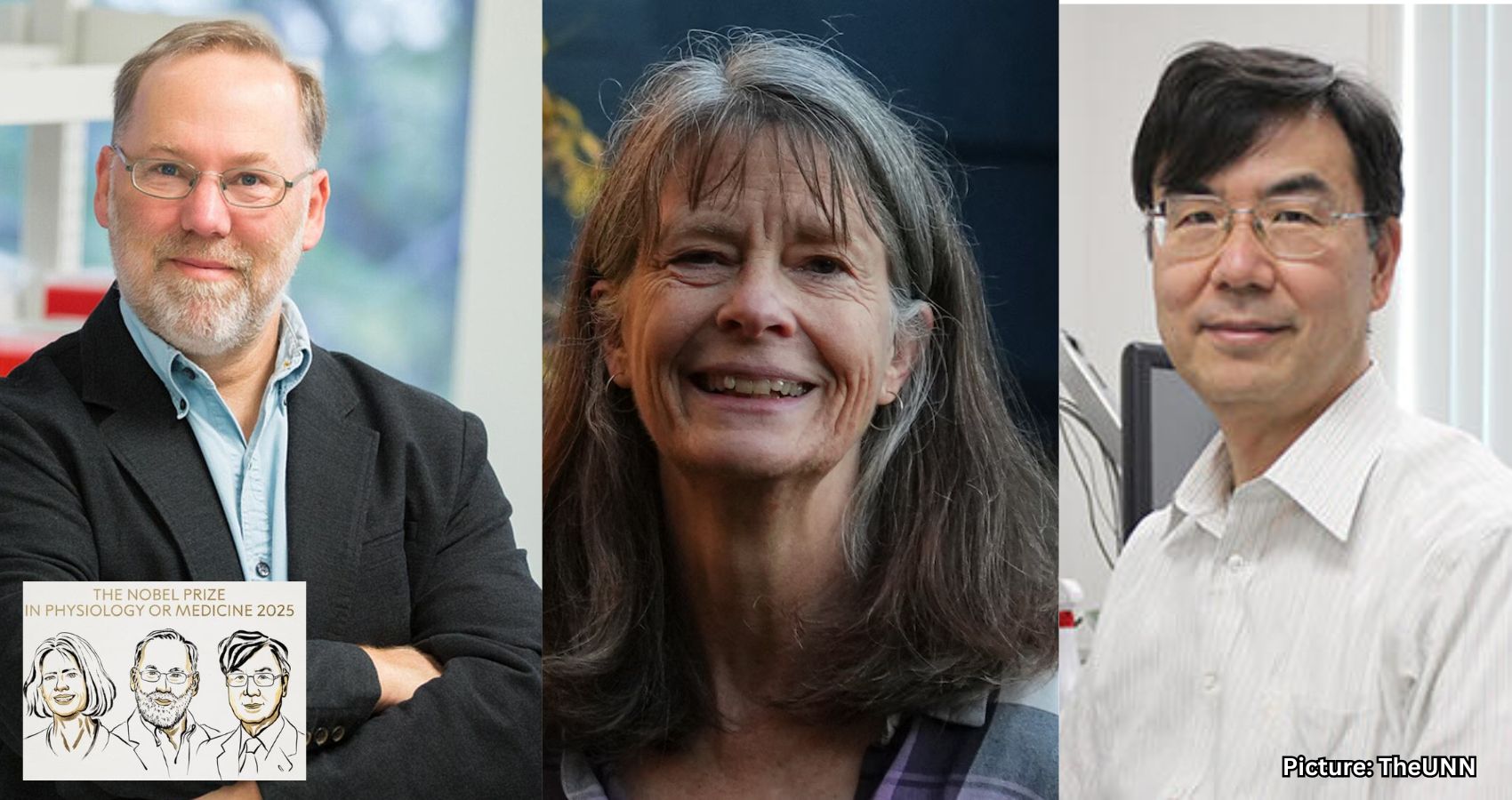


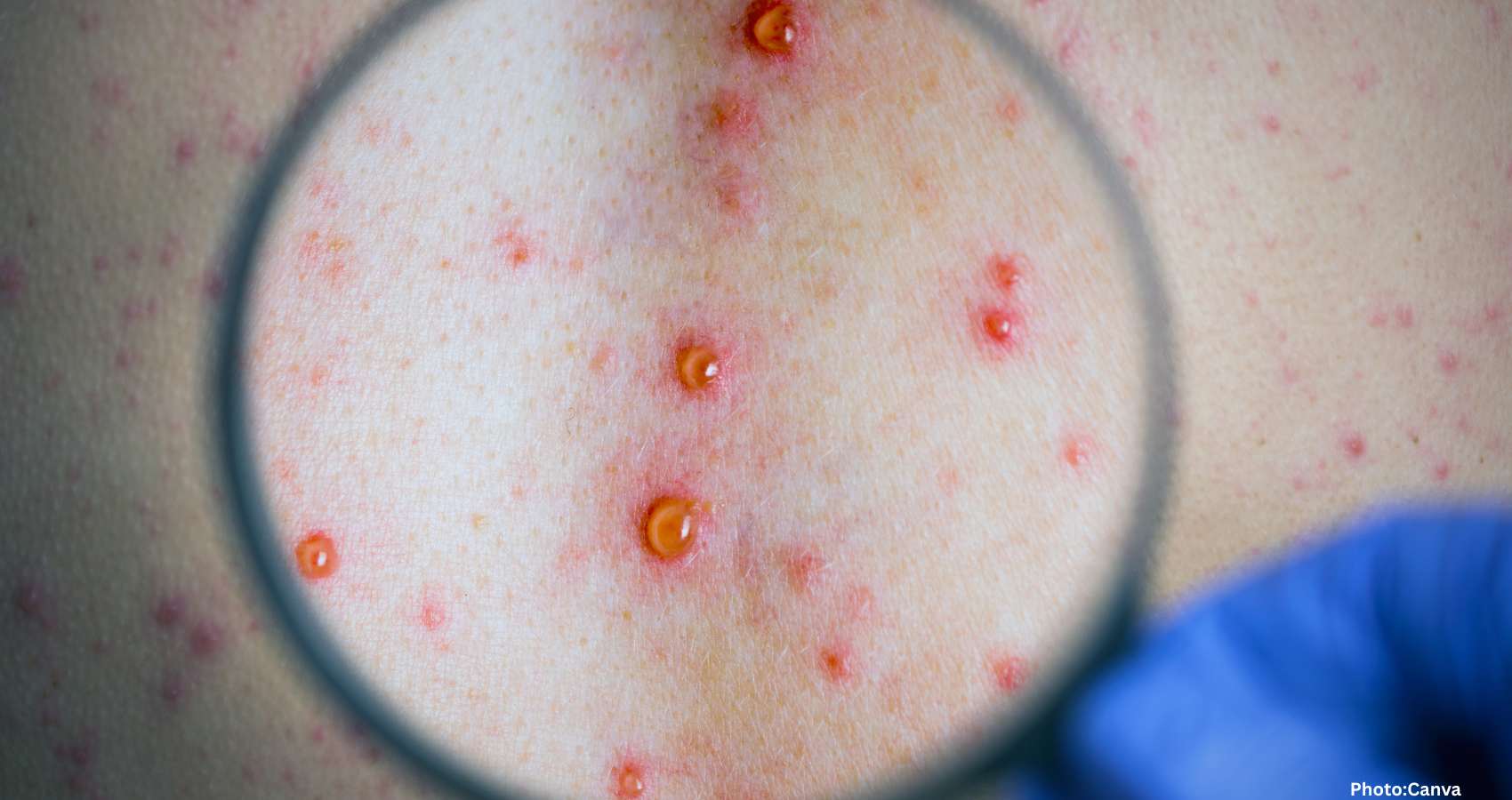
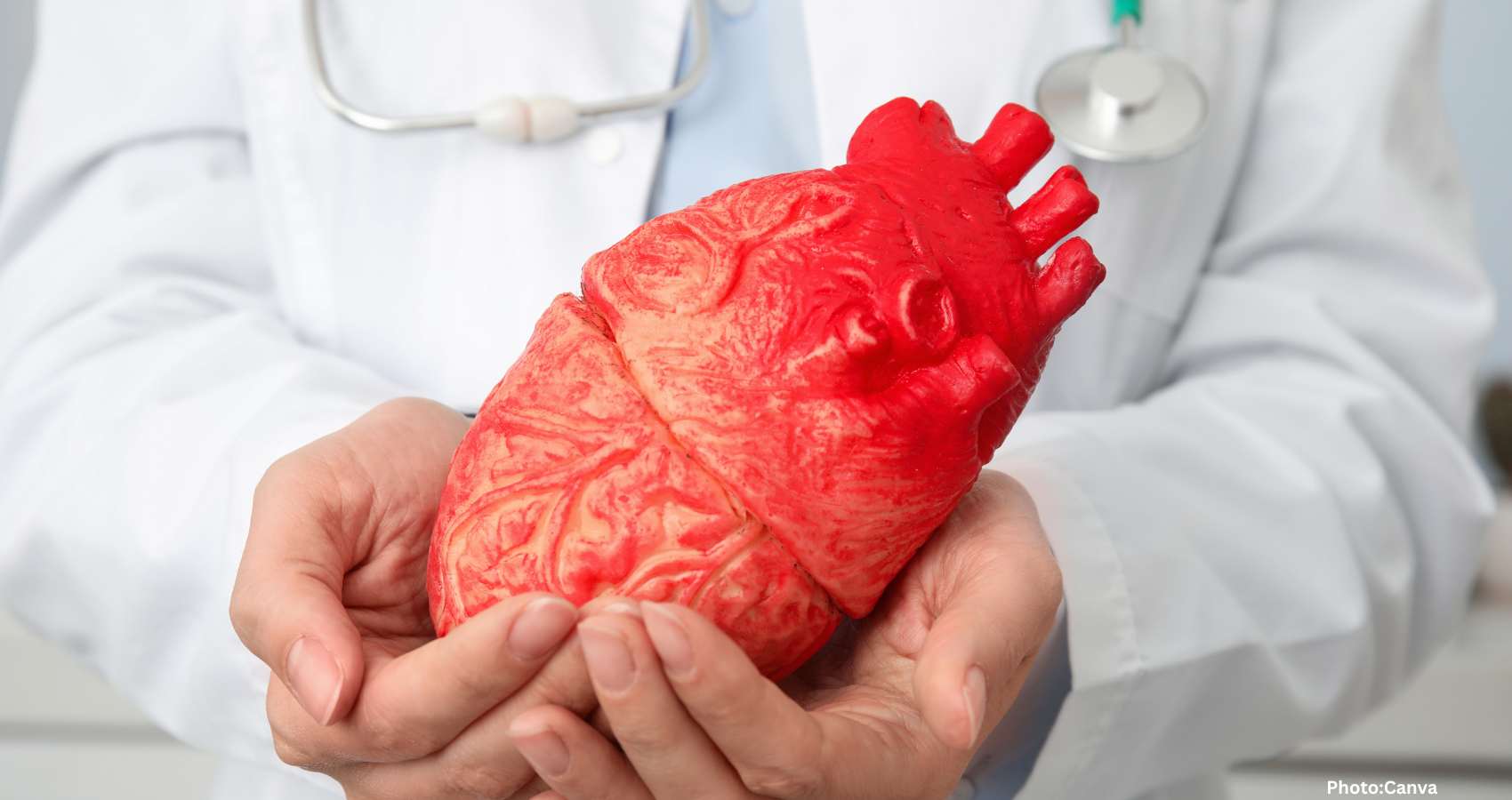

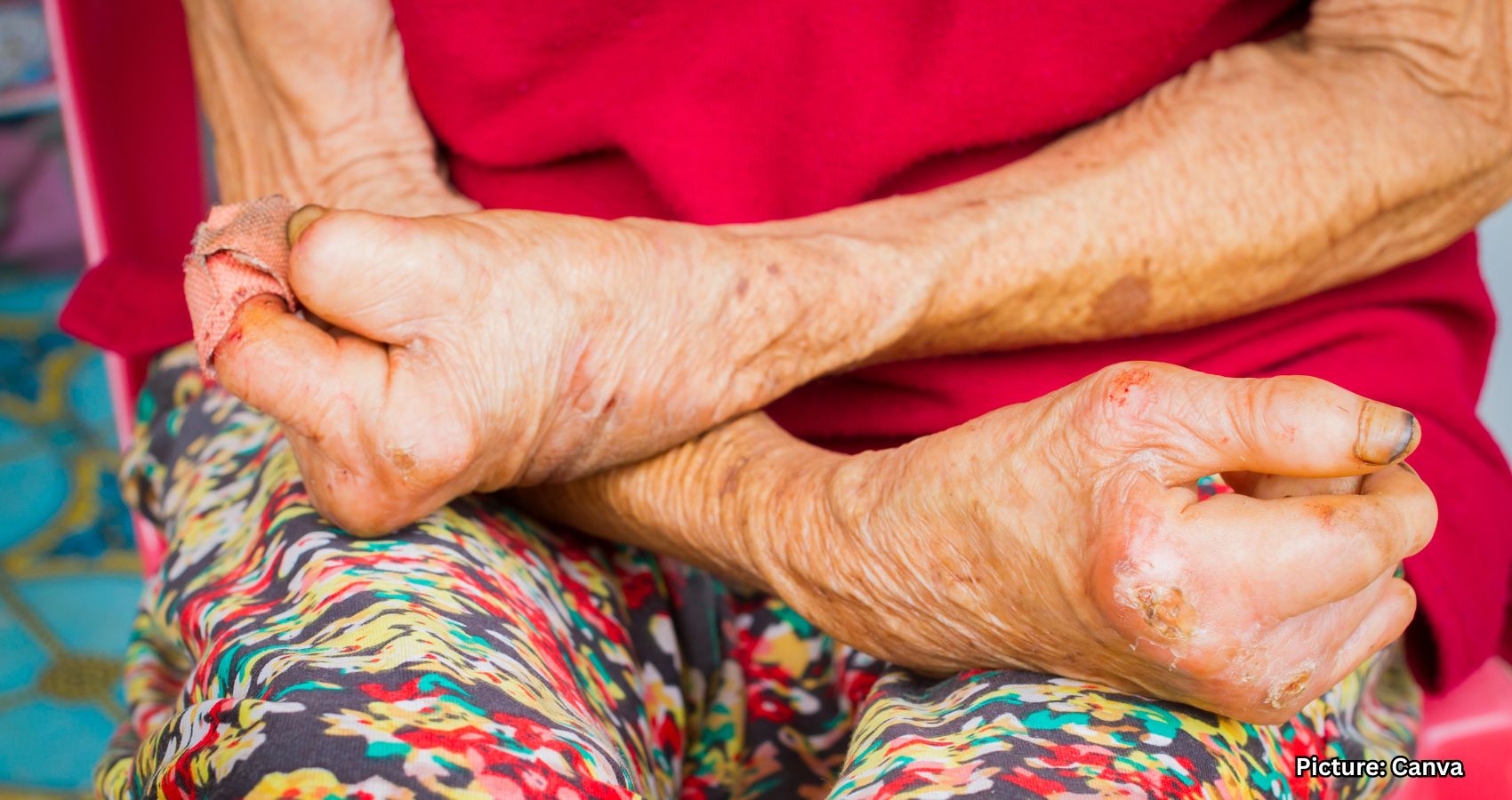


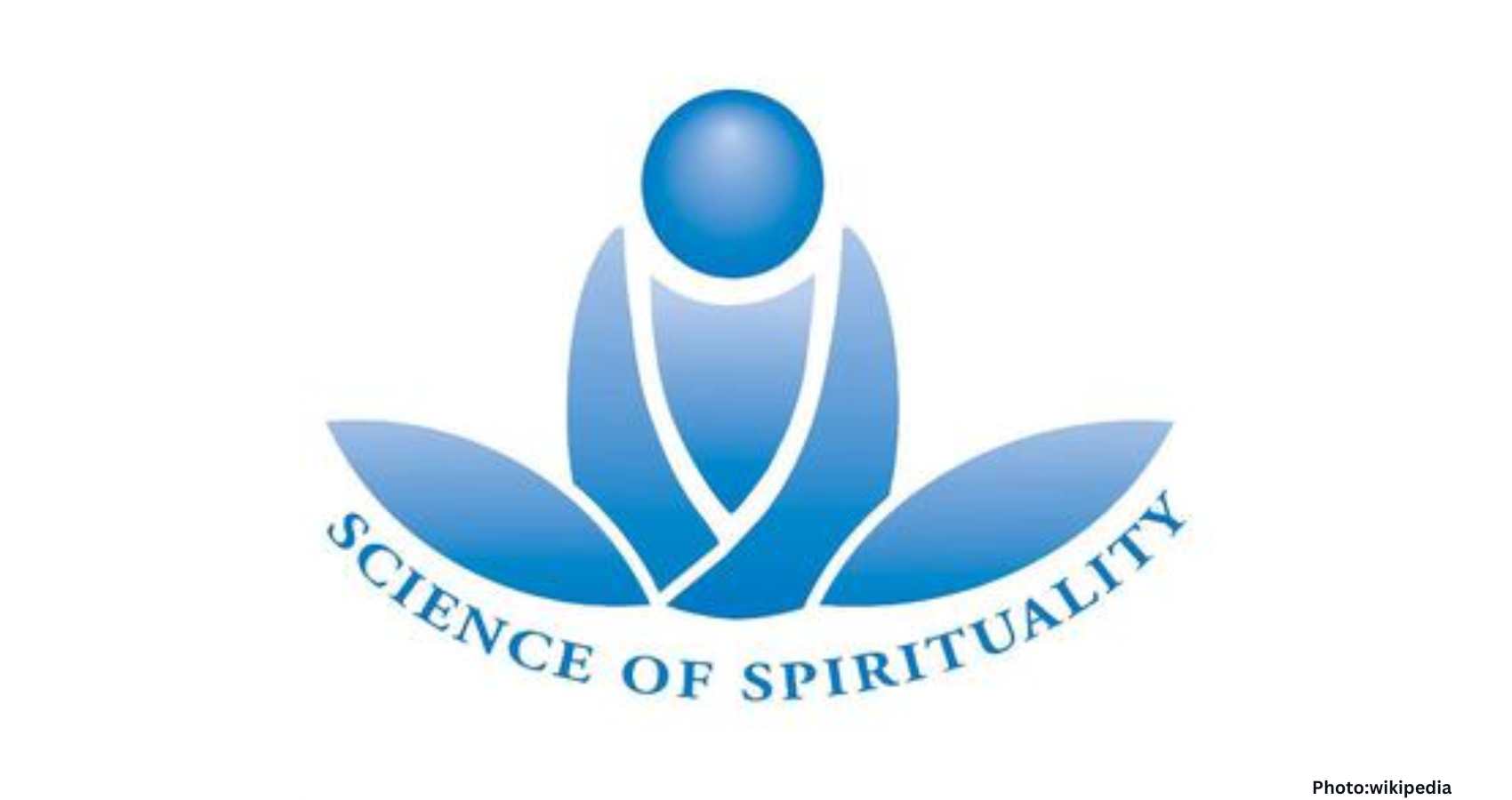
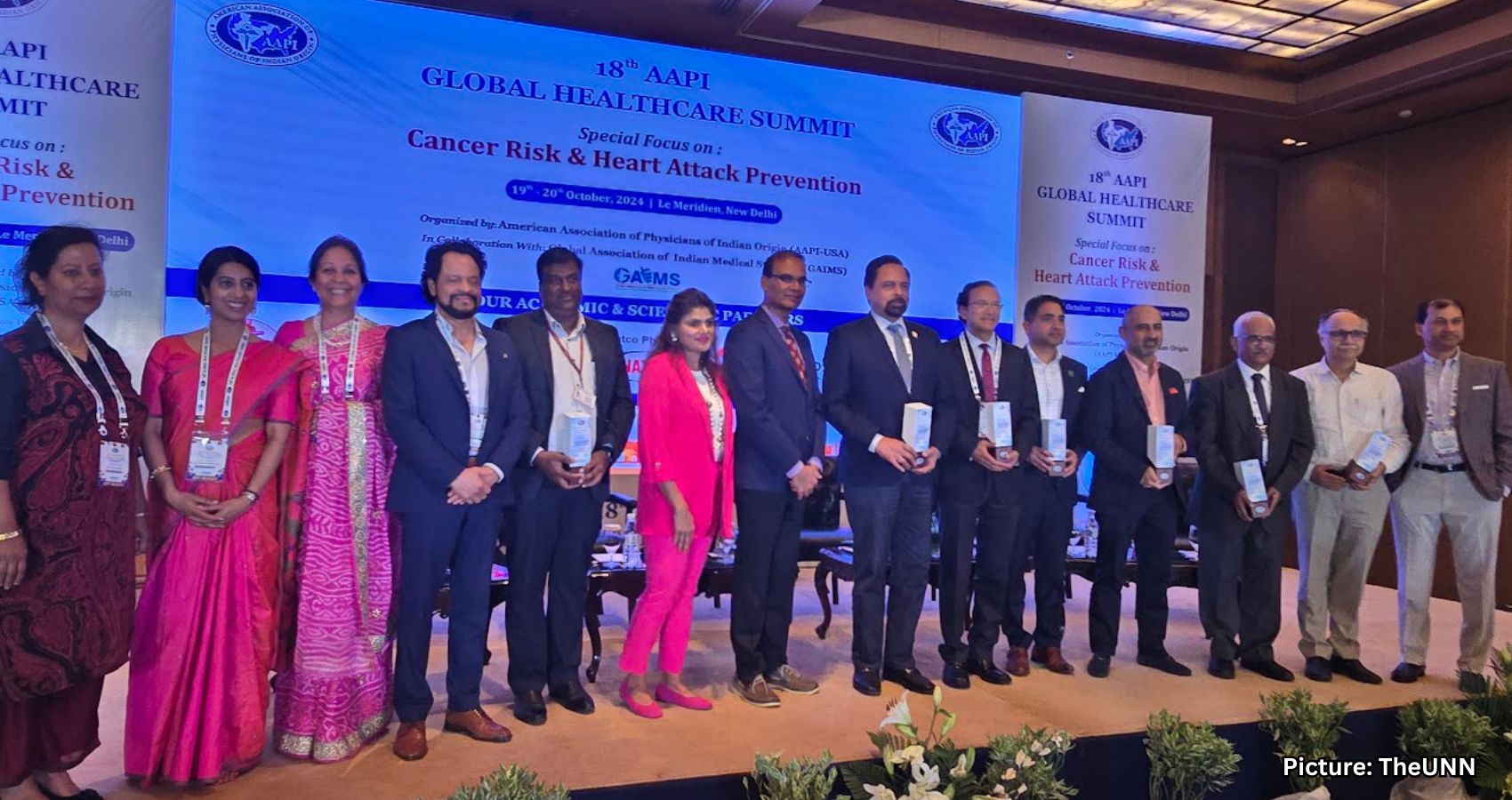
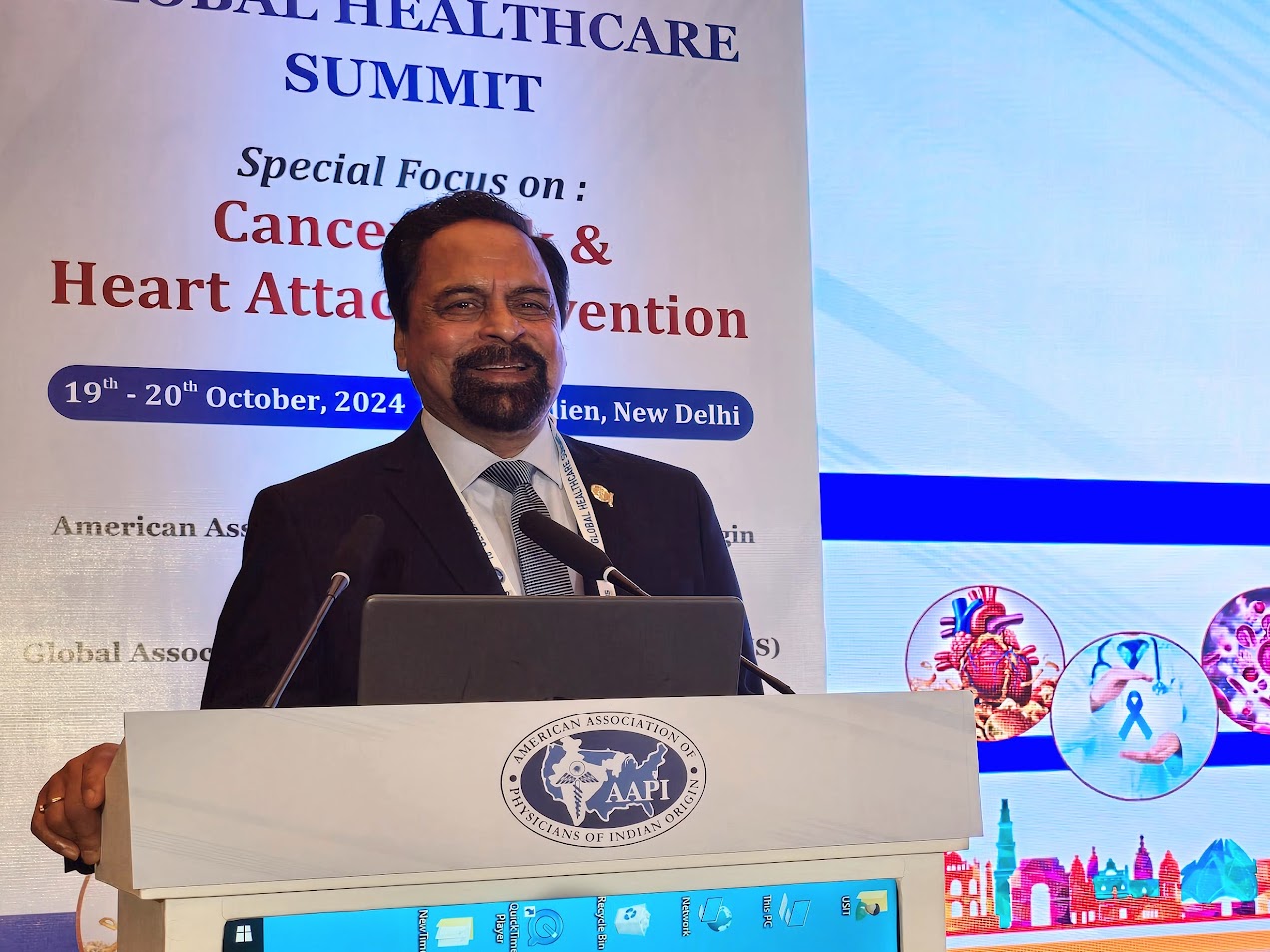 CHICAGO, IL — The American Association of Physicians of Indian Origin (AAPI) has unveiled plans for its 19th Annual Global Healthcare Summit (GHS), scheduled for January 9–11, 2026, in Bhubaneshwar, Orissa. The event is set to address urgent health issues including Tuberculosis (TB), Diabetes, and the role of Ayurveda in contemporary medicine, alongside showcasing advancements in artificial intelligence and healthcare technology.
CHICAGO, IL — The American Association of Physicians of Indian Origin (AAPI) has unveiled plans for its 19th Annual Global Healthcare Summit (GHS), scheduled for January 9–11, 2026, in Bhubaneshwar, Orissa. The event is set to address urgent health issues including Tuberculosis (TB), Diabetes, and the role of Ayurveda in contemporary medicine, alongside showcasing advancements in artificial intelligence and healthcare technology.








